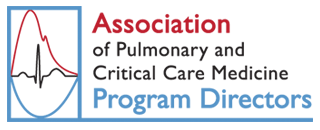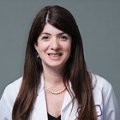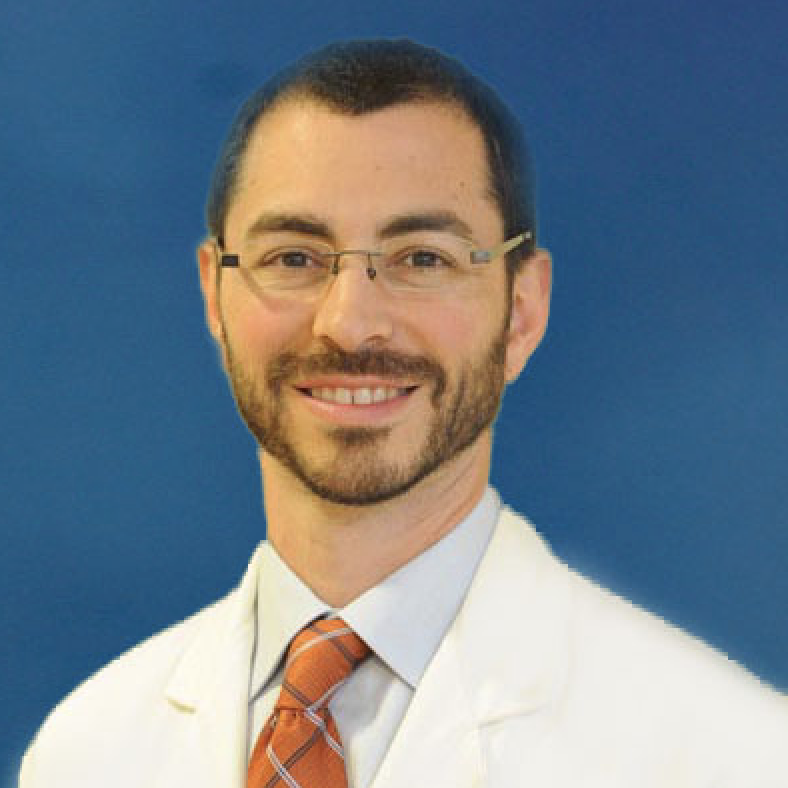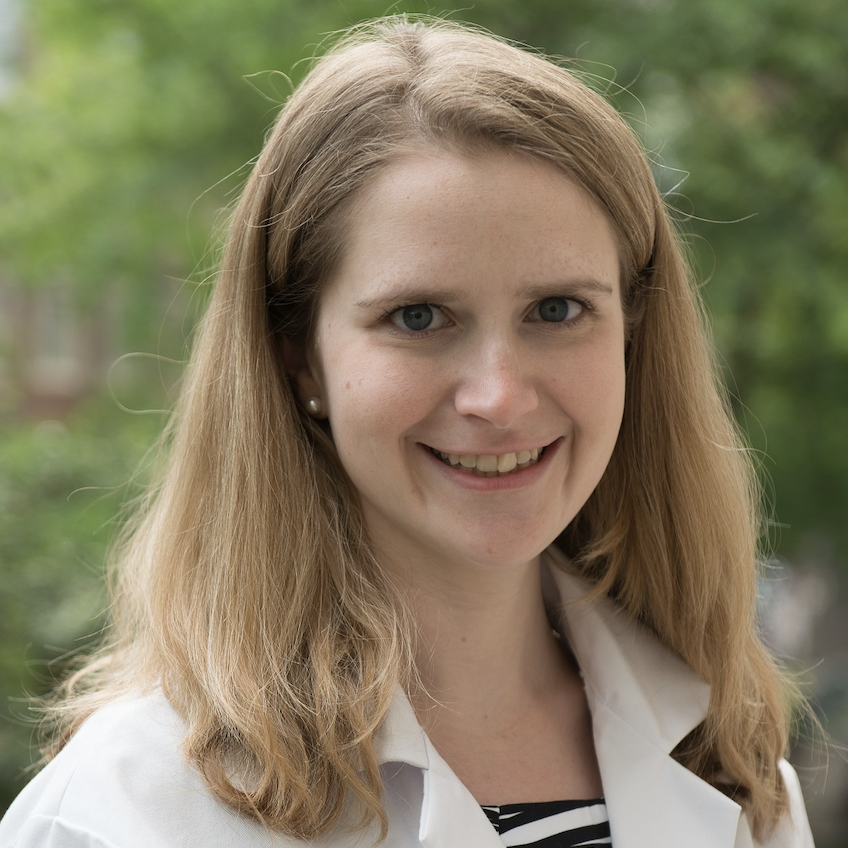2021 Virtual Annual Conference
Thursday, March 4, 2021
|
||||||||||||||||||||||||||||||||||||||||||||||||||||||||||||||||||||||||||||||||||||
| GENERAL SESSIONS // THURSDAY, MARCH 4, 2021 |
|
| SESSION TIME / TITLE | SESSION DESCRIPTION |
| 10:00 AM - 10:10 AM (EST) Welcome and Introductions 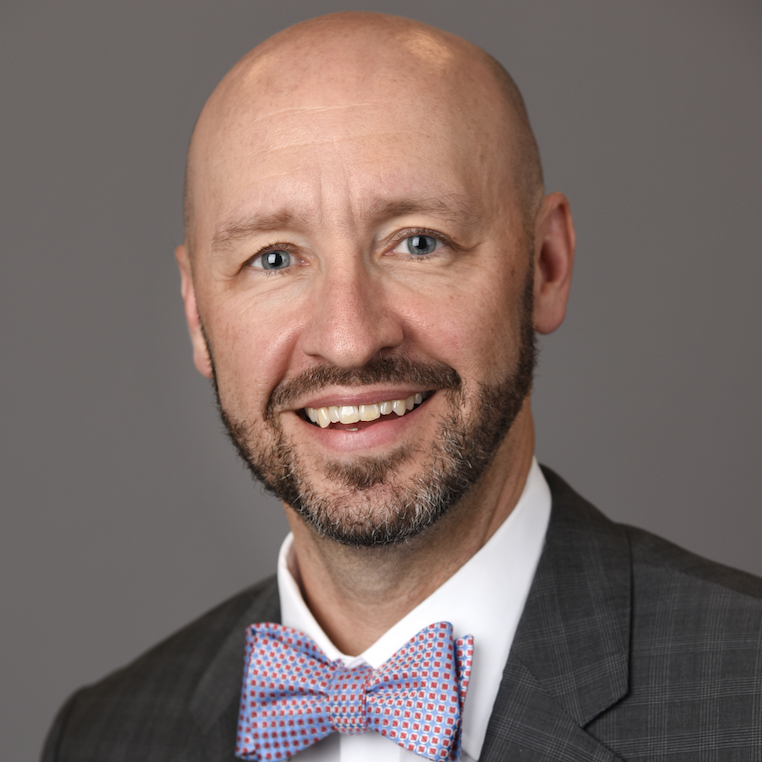 Gabriel Bosslet, MD, MA |
|
| 10:10 AM - 11:15 AM (EST) ACGME Update / Q&A 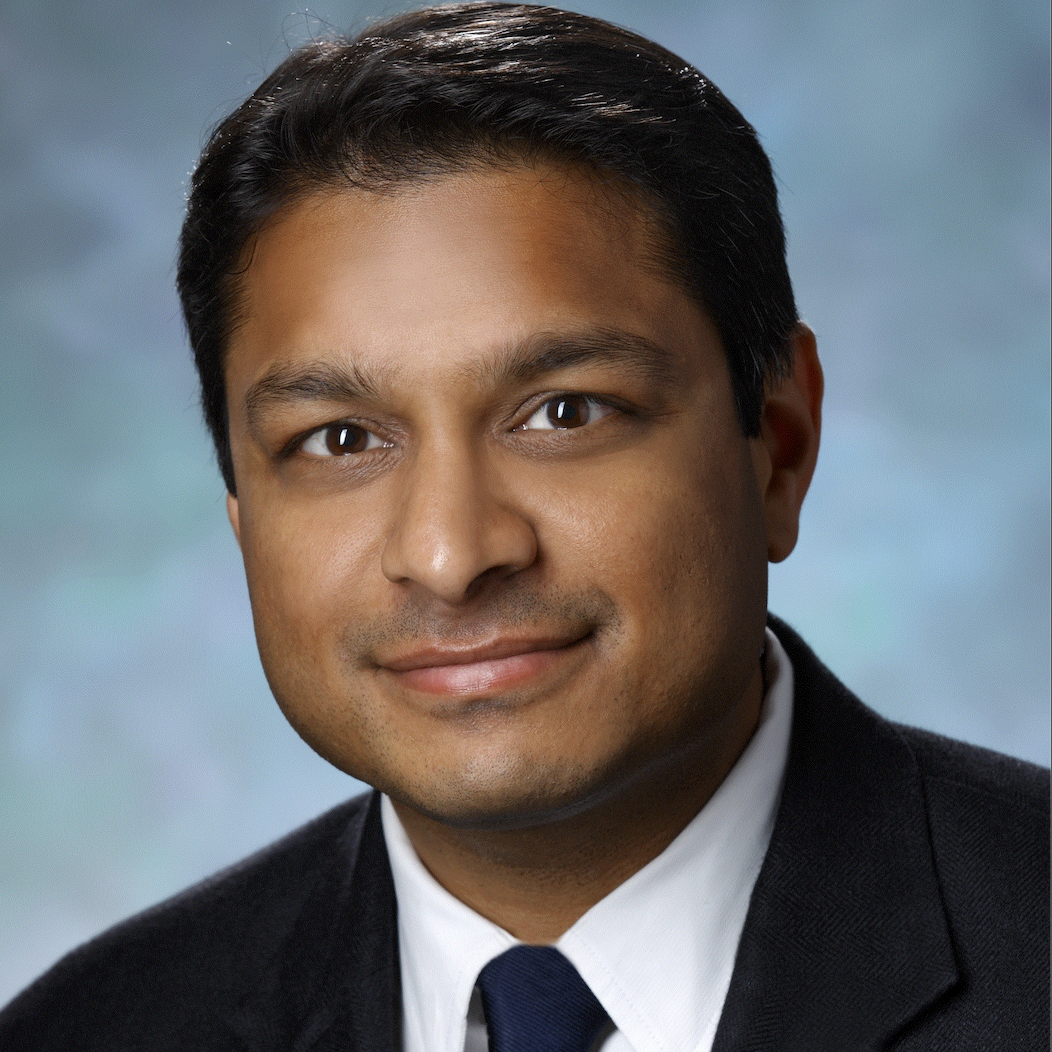 Sanjay Desai, MD |
Updates from the ACGME Internal Medicine Review Committee. Session objectives: 1. Learn trends in accreditation related to IM and PCCM 2. 2. Learn updates for IM and PCCM from ACGME. |
| 11:15 AM - 11:35 AM (EST) National GME Policy Updates  Gabriel Bosslet, MD, MA |
The APCCMPD monitors national policies and regulations that impact GME at the fellowship level. Hear about new policy changes and issues the APCCMPD has responded to. |
| 11:35 AM - 11:45 AM (EST) NRMP CCM Match Update 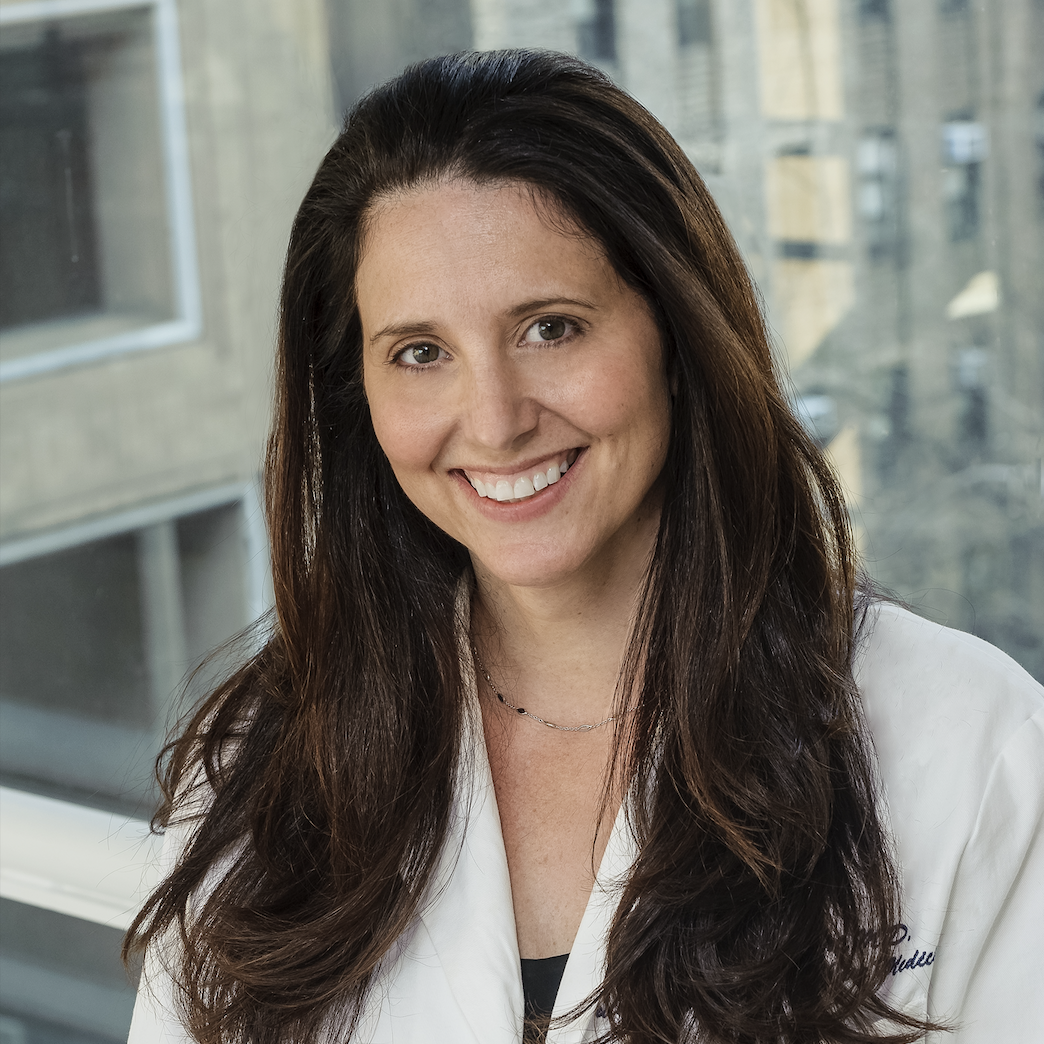 Kristin M. Burkart, MD, MSc |
The APCCMPD is collaborating with ATS, CHEST and SCCM to address match participation across Pulmonary, Critical Care and PCCM Fellowship Programs. An update on these efforts will be provided.
Session objectives: |
| 11:45 AM - 12:45 PM (EST) Keynote Address A Physician's Story of Mental Health & Addiction Recovery 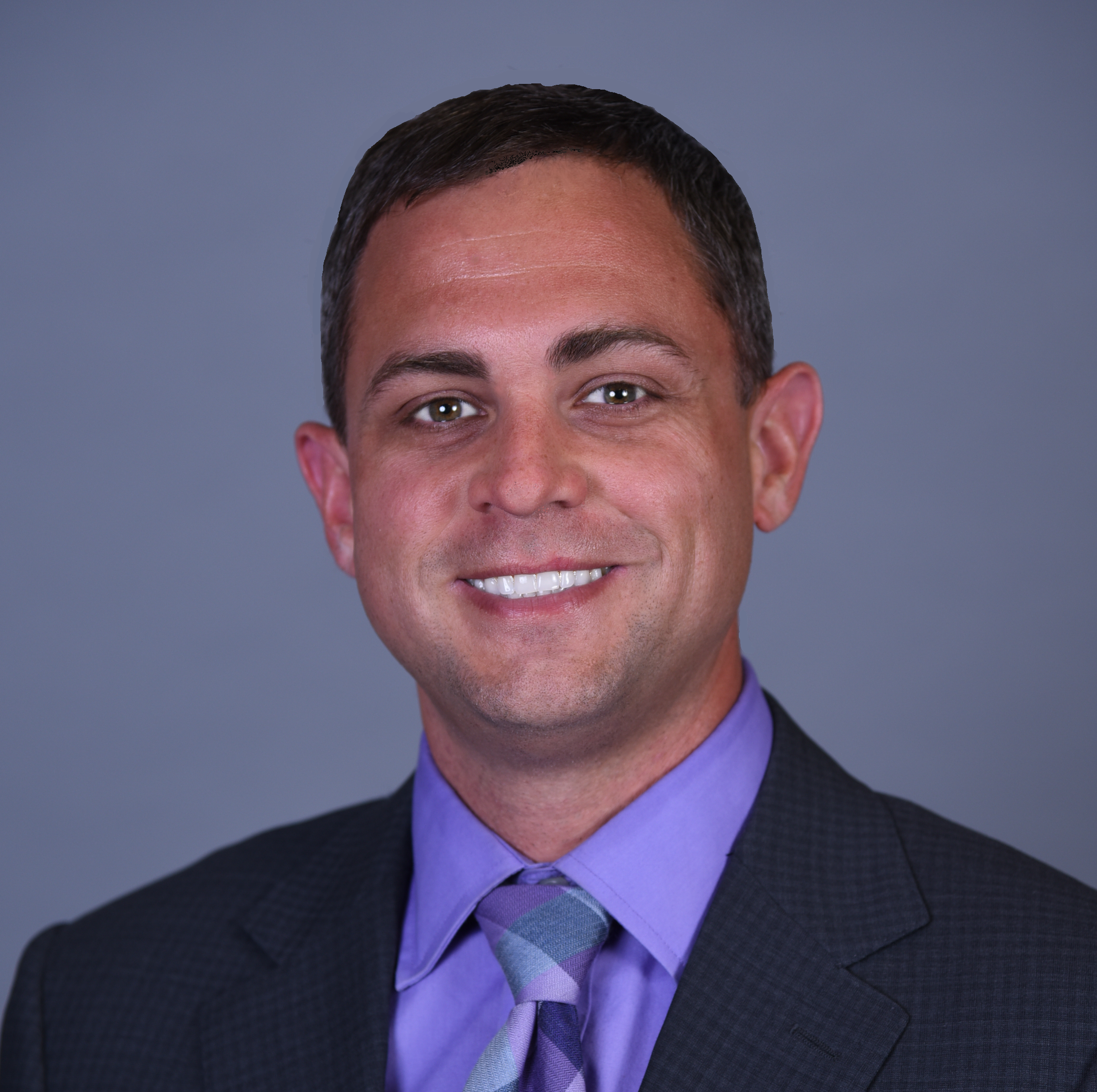 Adam B. Hill, MD |
Grand Rounds presentation on my own personal mental health and addiction recovery over the last 10 years, including lessons I've learned from those years of recovery and how to advocate for others, fight stigma and change the culture of medicine. In the vulnerability of sharing our own stories, I hope we can show others the way out of the darkness of their own struggles.
Session objective: |
| 1:50 PM - 2:10 PM (EST) Adaptability: Learning to Lead Through Disruption 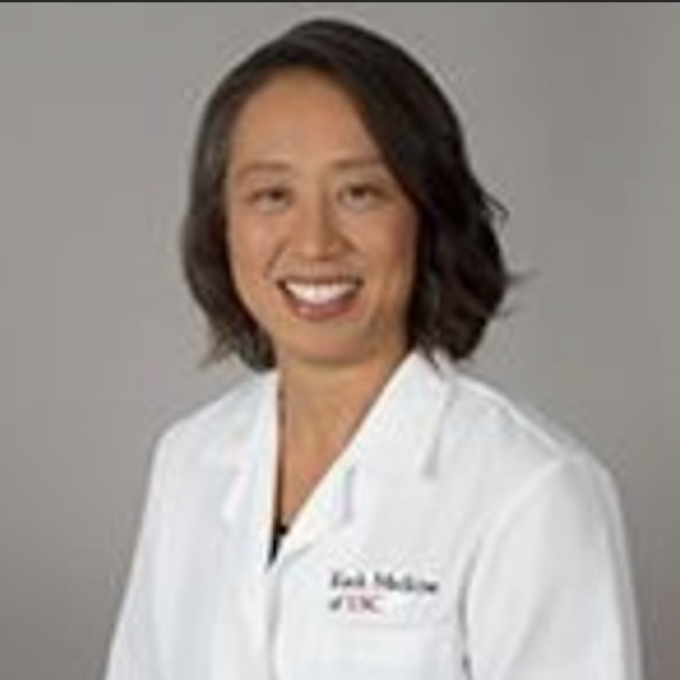 May M. Lee, MD |
Change is a constant. Disruption is occurring at a pace and scale that is unprecedented in modern history–from emerging technologies, advances in diagnostics and therapeutics, and a pandemic that has turned the world on its head–and leaders are struggling to cope. The concepts of IQ and EQ are not new and are considered important to career success. However, as change becomes the norm and redefines how we work, the skills needed to thrive in the workplace are evolving as well. The Adaptability quotient, or AQ, is a subjective set of qualities loosely defined as the ability to pivot and thrive in an environment of fast and frequent change. AQ is how one stays successful over time. In this session, we will describe and define AQ and learn how to adopt and apply these skill sets to our programs and our trainees. Session objectives: 1. Explain and describe the adaptability quotient. 2. Discuss how adaptability can influence performance and achievement and how to foster an adaptive mindset. 3. Apply these concepts to improving our own leadership skills as well as those of our trainees. |
|
2:10 PM - 2:30 PM (EST) |
This lecture will highlight the key aspects needed for a successful fellowship training program. It will focus on the tools and resources that are available for Program Directors and will give suggestions on the best way to leverage these resources. It will give insight into ways to enrich the satisfaction that comes from being in the Program Director role.
Session objective: |
|
2:30 PM - 2:35 PM (EST) Emerging Educator Award |
The Mid-Career Educator Award honors mid-career individuals who are actively engaged in enhancing the practice and profession of pulmonary and/or critical care medicine through education. The Emerging Educator Award honors up-and-coming clinician-educators for their work in delivering and promoting medical education in pulmonary, critical care, and/or pulmonary/critical care medicine through various means at the local and regional levels. |
| 2:35 PM - 2:55 PM (EST) 2021 APCCMPD Annual Fellow Survey Results 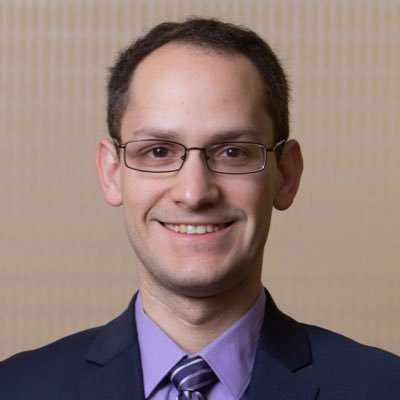 Hugo Carmona, MD |
The APCCMPD Fellows Working Group is charged with surveying fellows annually on a variety of topics to understand fellow perspectives on their own training. These survey results will be aimed at identifying one aspect of the current training landscape, specifically focused on training related to Diversity, Equity, and Inclusion in medicine.
Session objective: |
| 2:55 PM - 3:00 PM (EST) Afternoon Wrap-up of General Sessions/Breakout Orientation  Gabriel Bosslet, MD, MA |
|
| 3:20 PM - 4:05 PM (EST) Small Group Session: Round 1, Breakout 1 Developing Tracks: Clinical, Clinician-Educator, Research and Global Health Pathways 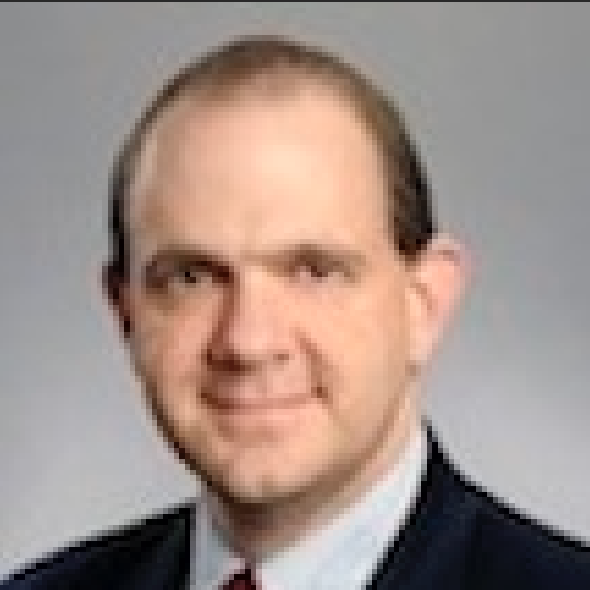 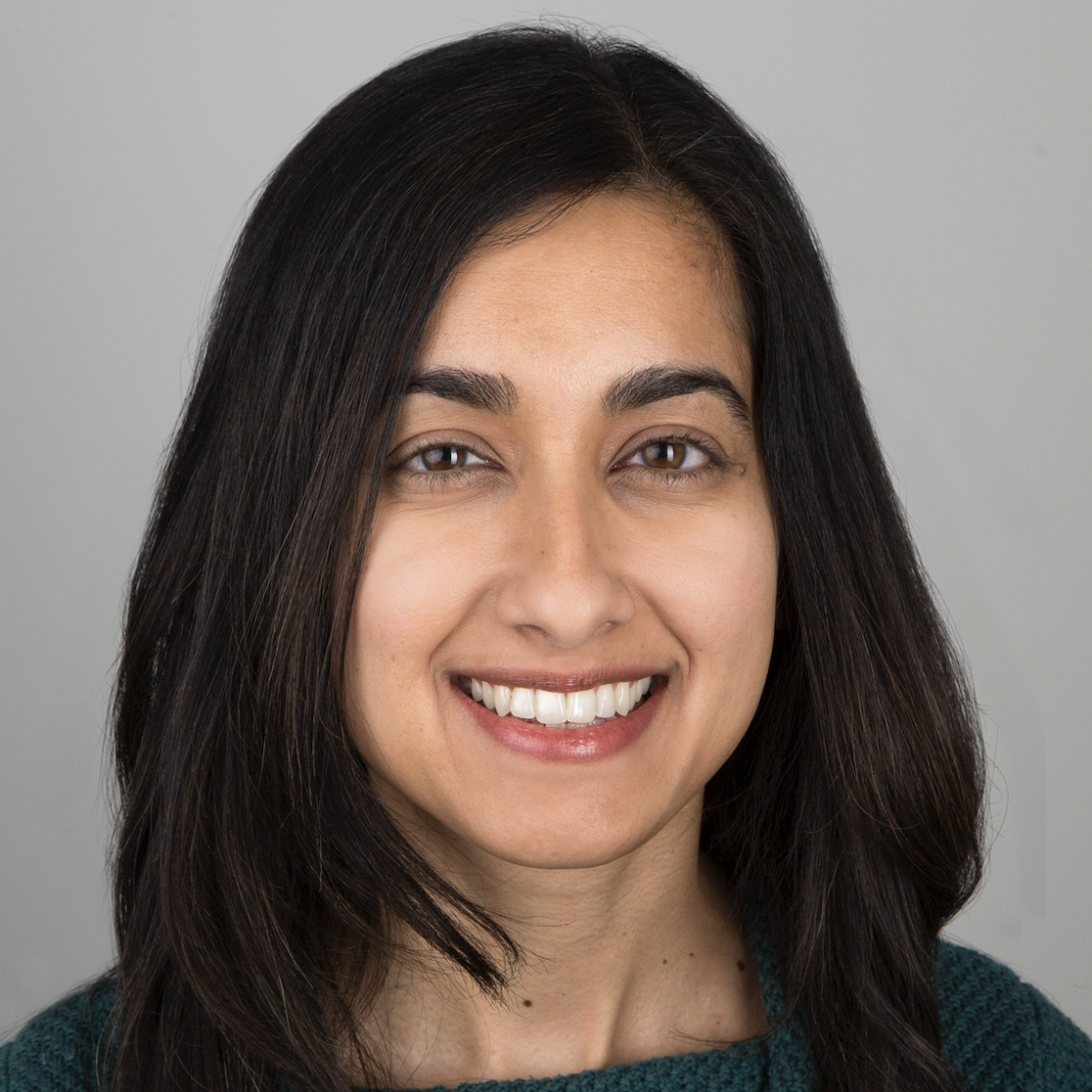 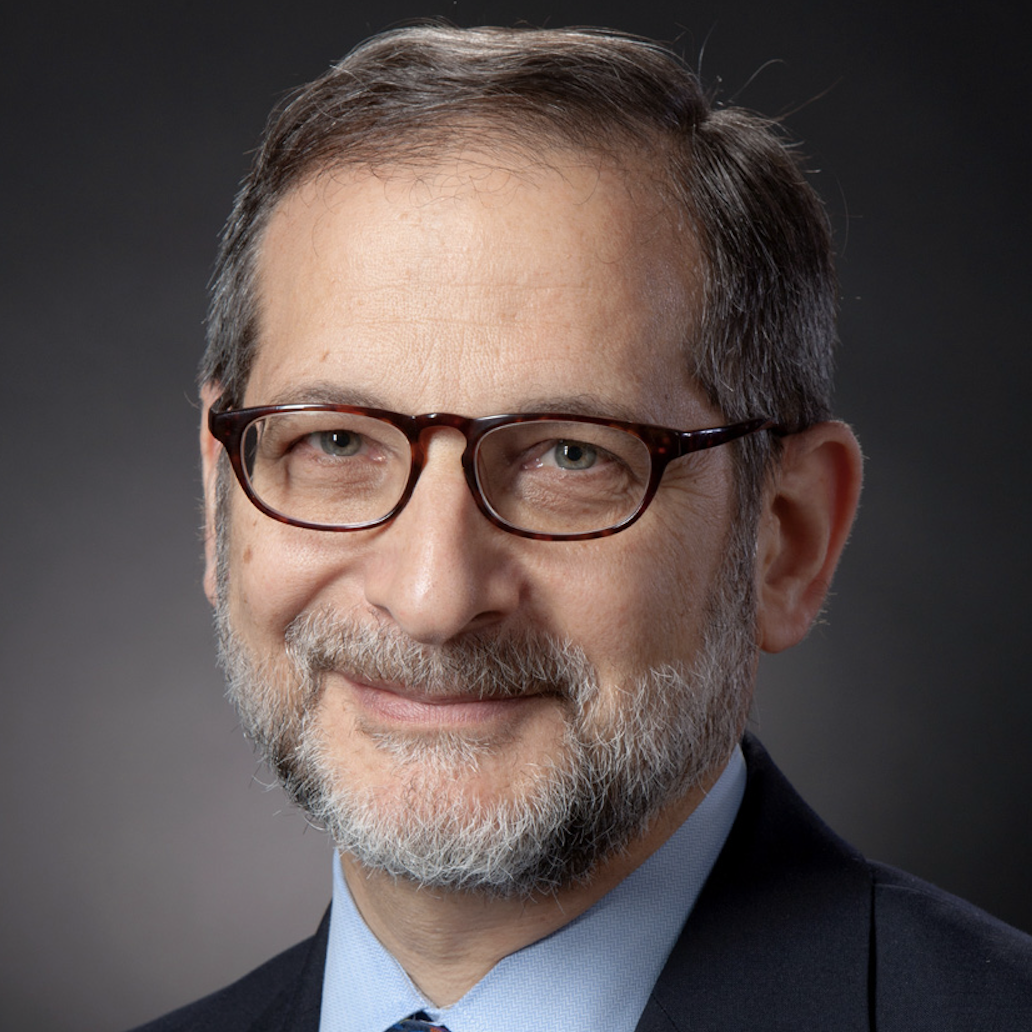 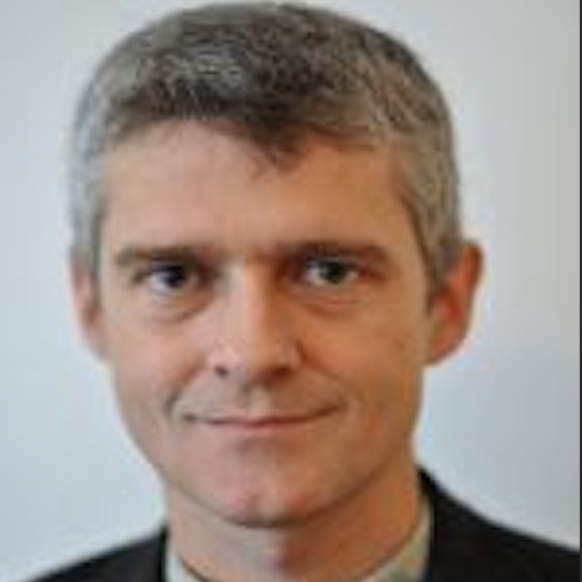 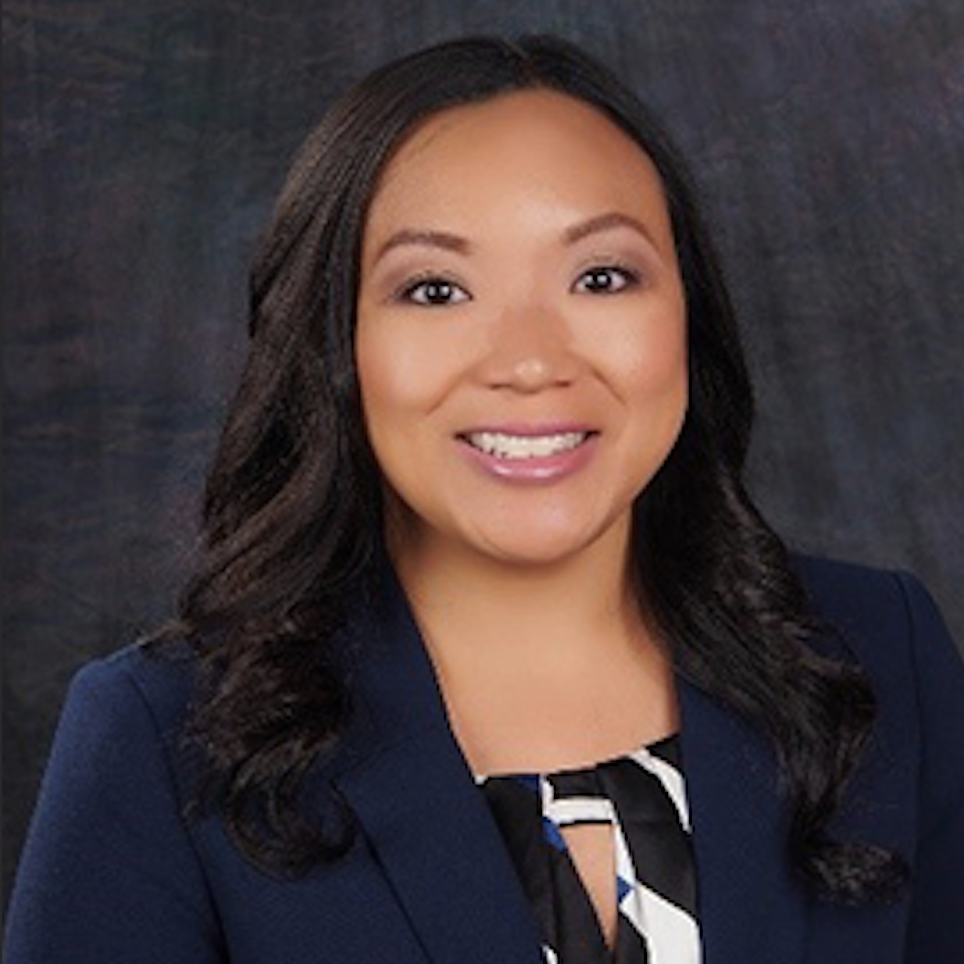 David Schulman, MD, MPH, Asha Anandaiah, MD, Henry Fessler, MD and Max O'Donnell, MD, MPH; Moderator: Van K. Holden, MD |
Several training programs offer tracks or pathways with additional experience in specific areas, such as a clinical specialty, research, global health, and medical education. A structured track can provide salient training and mentorship in respective areas and is appealing for trainees. However, the process of developing such tracks and determining their components can be challenging. This workshop helps to identify the advantages and disadvantages to having tracks and further provides clarity on their development and components, which could then be individualized to each program. Session objectives: 1. Determine the need and value of tracks within the fellowship program. . |
| 3:20 PM - 4:05 PM (EST) Small Group Session: Round 1, Breakout 2 Getting Beyond “Read More”: A Faculty Development Workshop on Narrative Assessment 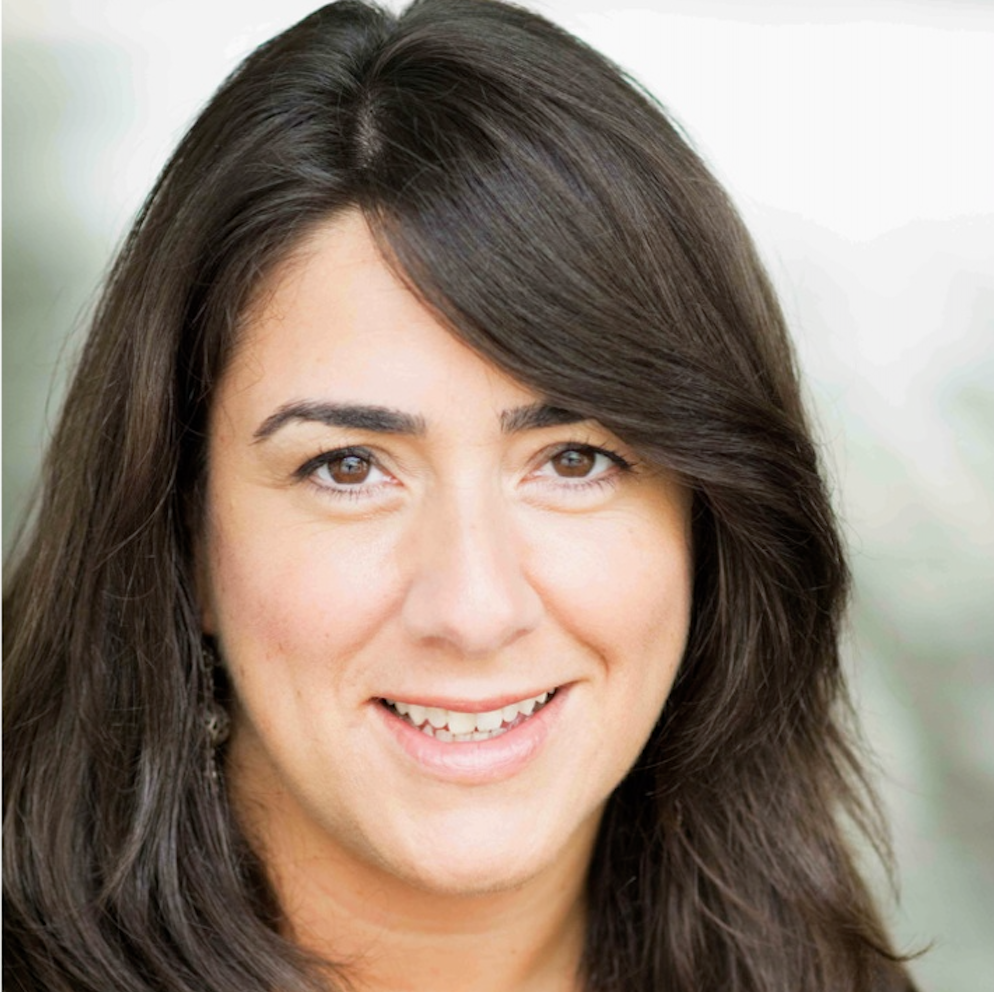  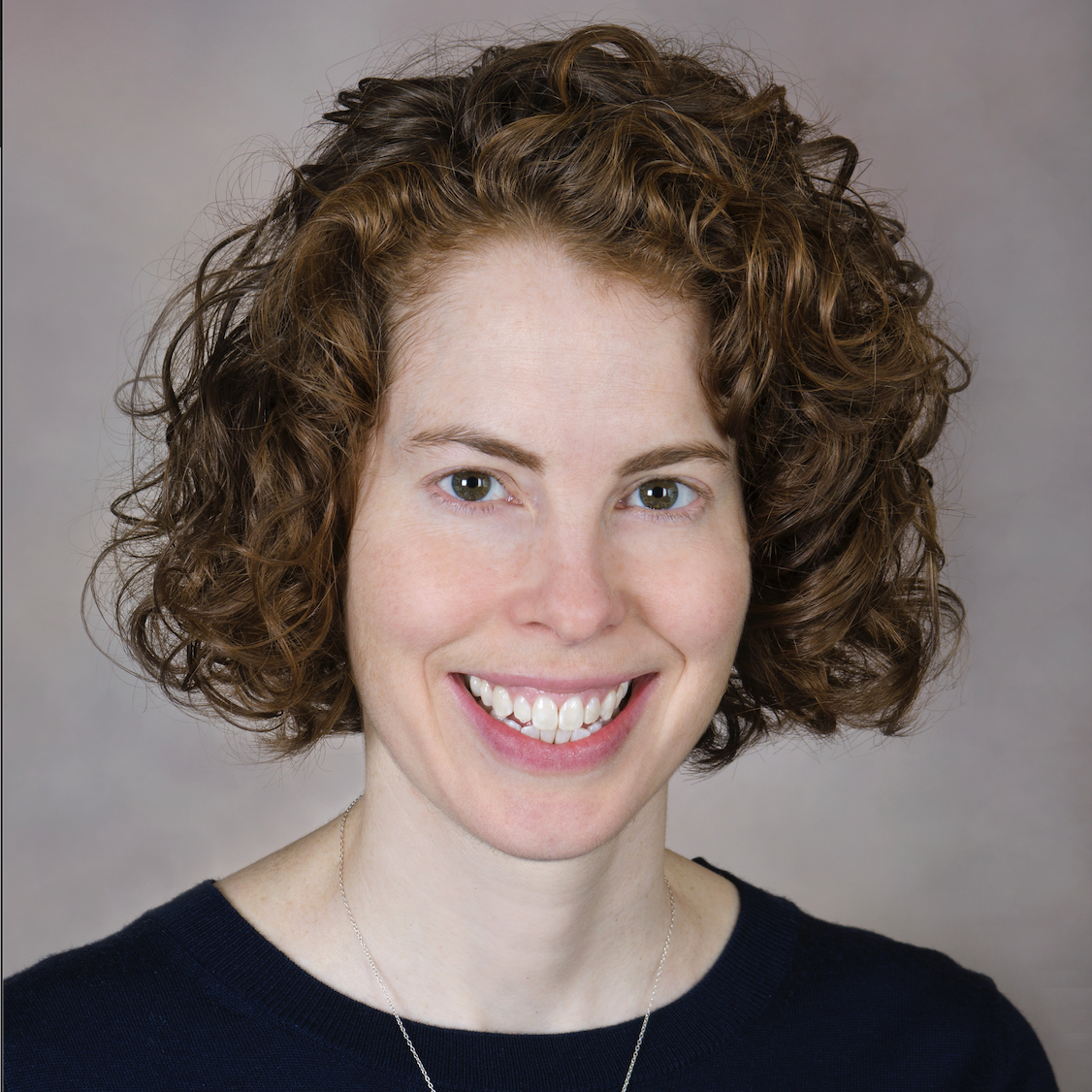 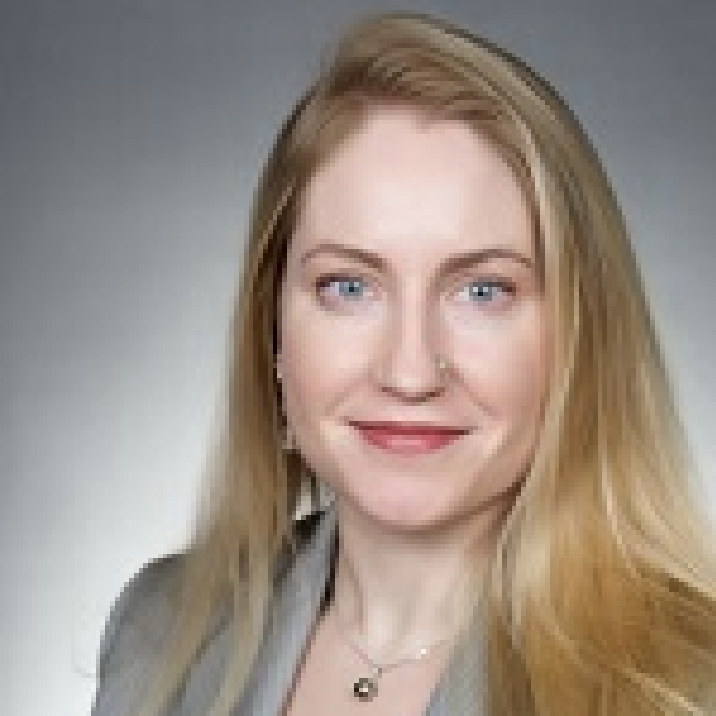 Başak Çoruh, MD, Hugo Carmona, MD, Anna K. Brady, MD and Marin McCutcheon, MD, MPH |
In the last decade, medical education has moved to a competency-based model with a focus on outcomes rather than content, and knowledge application over acquisition. Assessments have also changed from summative and norm-referenced, to formative and criterion-referenced, with entrustability scales. Narrative assessment is an important component of trainee assessment due to its ability to provide granular information to justify quantitative ratings or facilitate trainee improvement, yet many evaluations are lacking in comments or constructive feedback. This session will highlight best practices in narrative assessment as well as strategies for providing faculty development on this topic.
Session objectives: |
| 3:20 PM - 4:05 PM (EST) Small Group Session: Round 1, Breakout 3 Guardians of Space: Leveraging Psychological Safety for Trainee Success 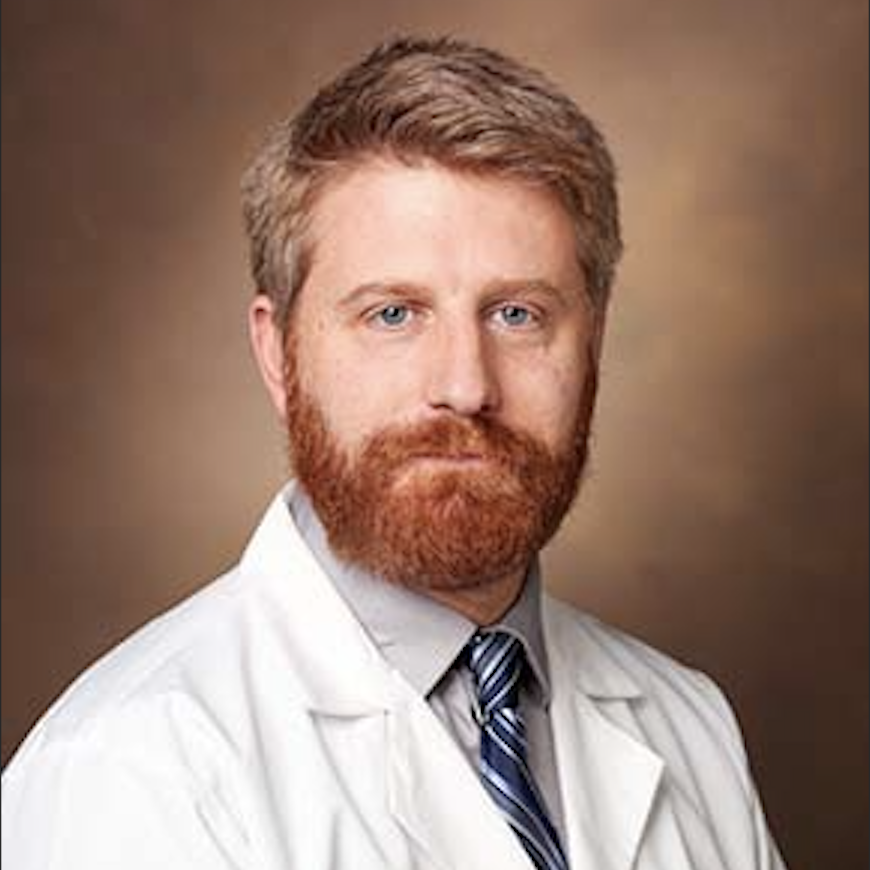 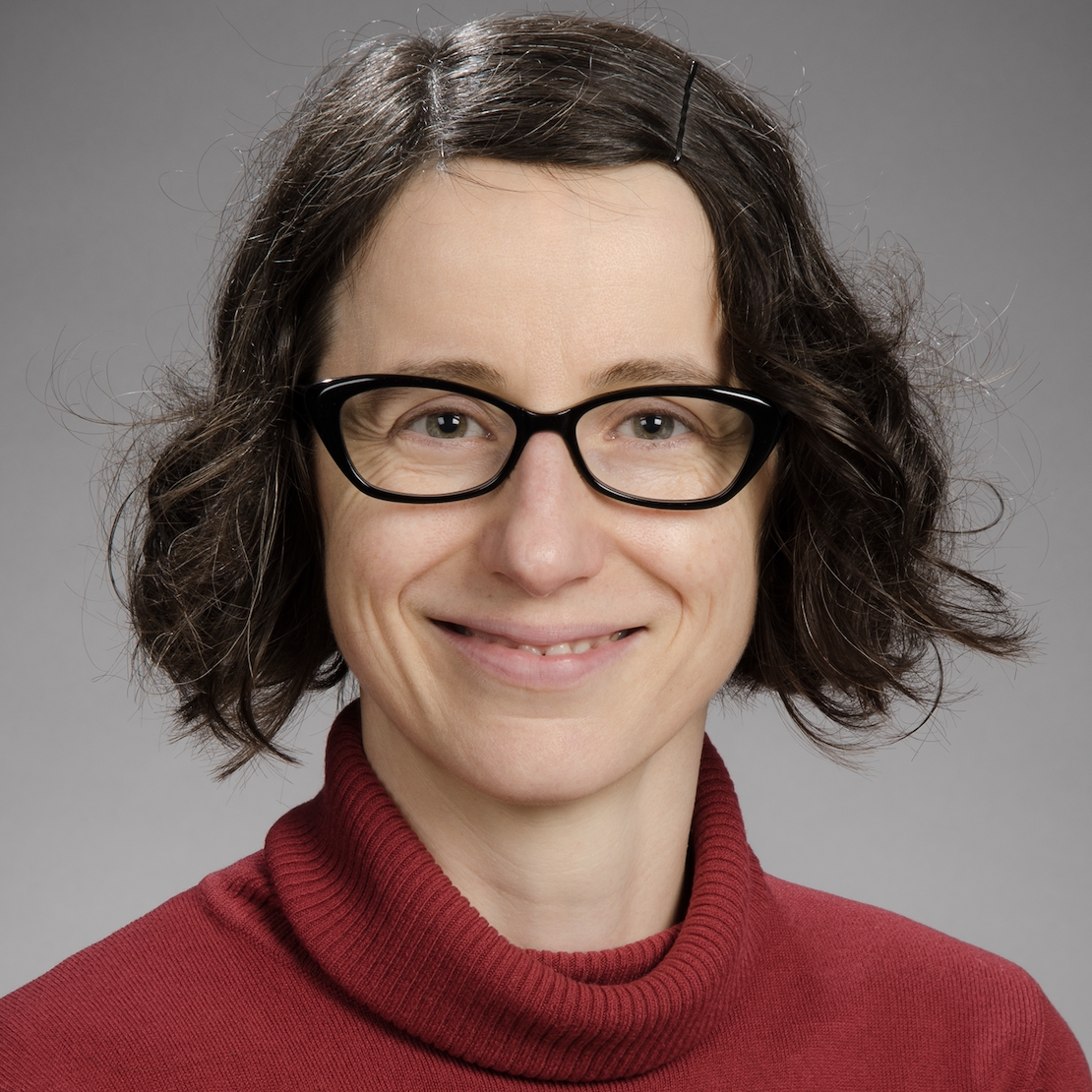  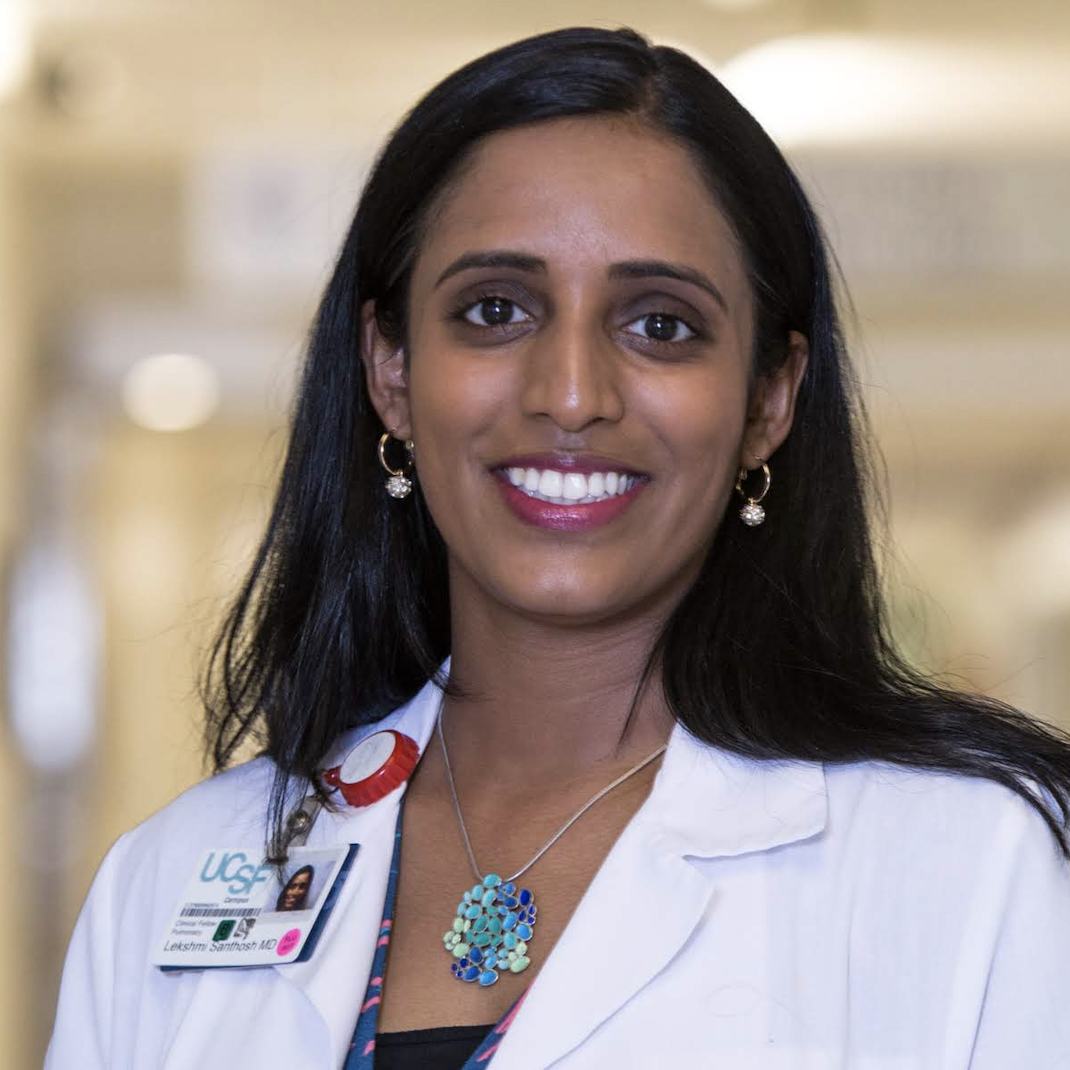 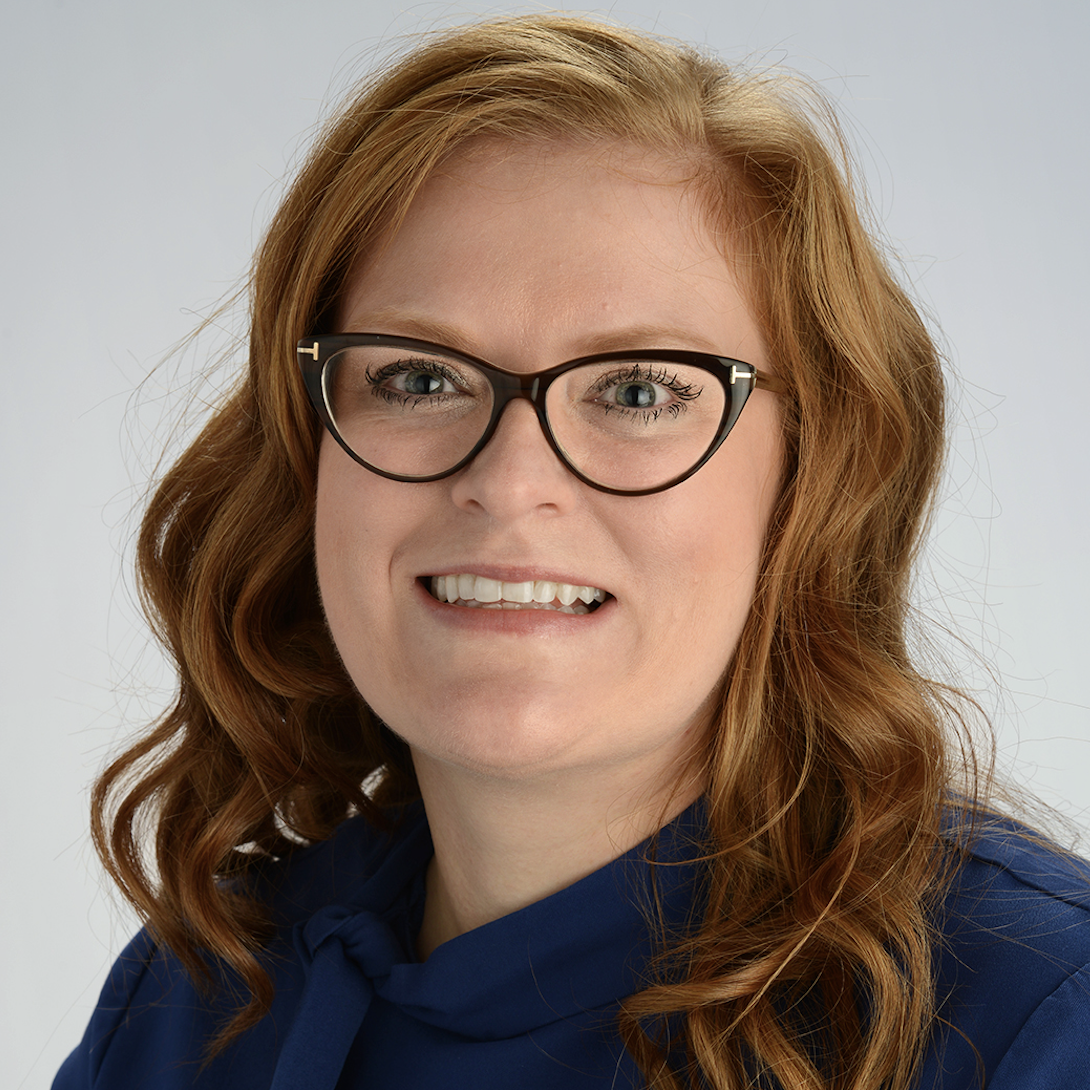 Wade Brown, MD, Rosemary Adamson, MBBS, May M. Lee, MD, Lekshmi Santhosh, MD, MAEd, and Nancy H. Stewart, DO, MS |
The importance of the environment in fostering learning is well recognized. Psychological safety is thought to be the foundation of the optimal medical learning environment and the key to eliciting maximal performance from medical trainees. Despite this, relatively little direct emphasis has been placed on this construct in graduate medical education and, specifically, in clinical pulmonary and critical care medicine education. This session will familiarize attendees with the concept of psychological safety, its benefits for the learning environment and the learner, and practical methods to foster it. We must be guardians of spaces that allow students to breathe, be curious, and to explore. – Brené Brown Session objectives: |
| 4:10 PM - 4:55 PM (EST) Small Group Session: Round 2, Breakout 1 Book Club–The Person You Mean to Be: How Good People Fight Bias 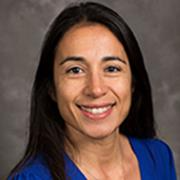 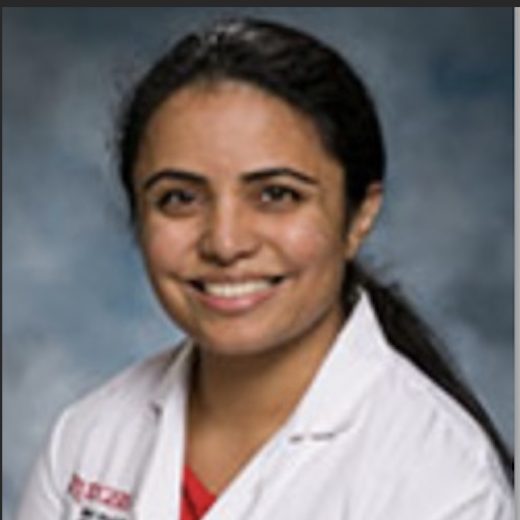 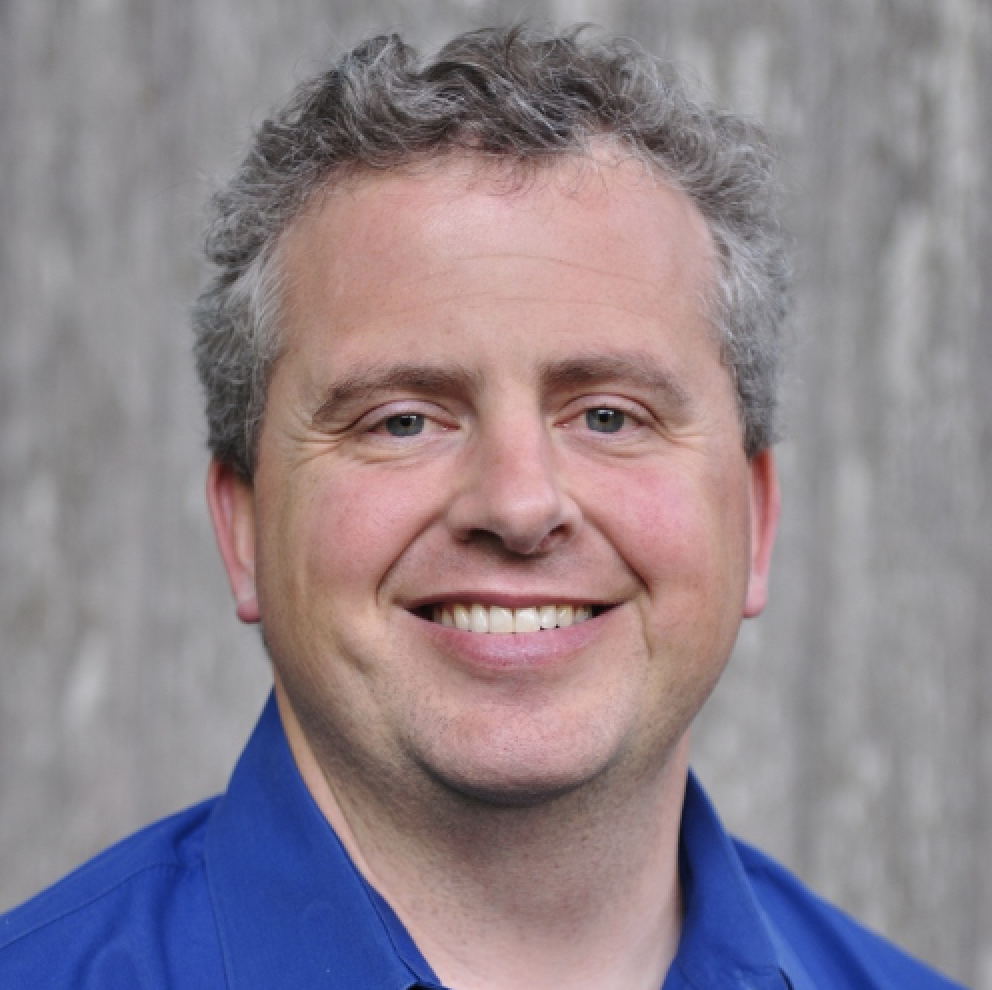 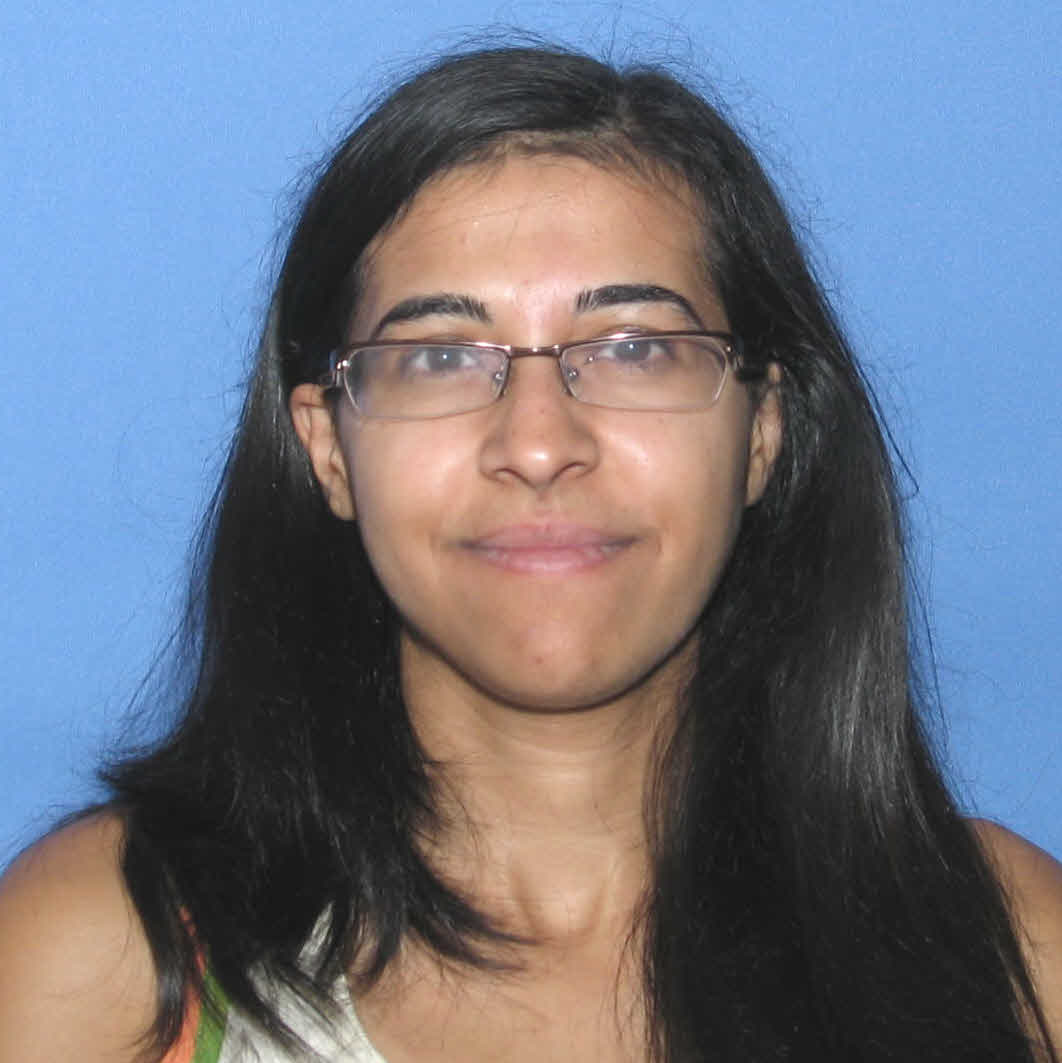 J. Shirine Allam, MD, Sugeet Jagpal, MD, Bart Moulton, MD and Amik Sodhi, MD |
In the inaugural APCCMPD Book Club, attendees will have the opportunity to participate in a guided discussion of The Person You Mean to Be: How Good People Fight Bias by Dolly Chugh. Many of us believe in equality, diversity, and inclusion. But how do we stand up for those values in our turbulent world? The Person You Mean to Be is the smart, “semi-bold” person’s guide to fighting for what you believe in. Dolly Chugh, a social psychologist and professor at the New York University Stern School of Business, reveals the surprising causes of inequality, grounded in the “psychology of good people.” Using her research findings in unconscious bias as well as work across psychology, sociology, economics, political science, and other disciplines, she offers practical tools to respectfully and effectively talk politics with family, to be a better colleague to people who don’t look like you, and to avoid being a well-intentioned barrier to equality. Becoming the person we mean to be starts with a look at ourselves. Session objectives: 1. Engage in critical discussions of chosen books. |
| 4:10 PM - 4:55 PM (EST) Small Group Session: Round 2, Breakout 1 Book Club–The Power of Passion and Perseverance 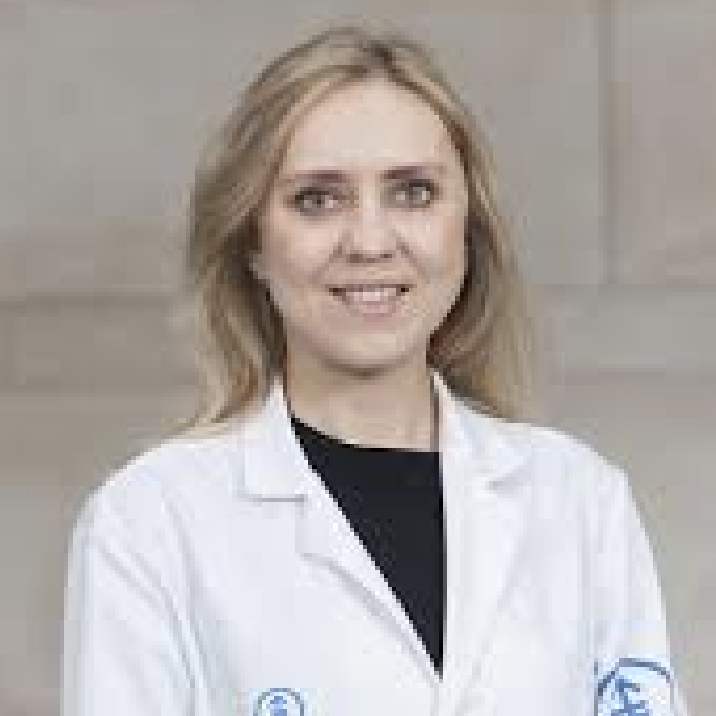 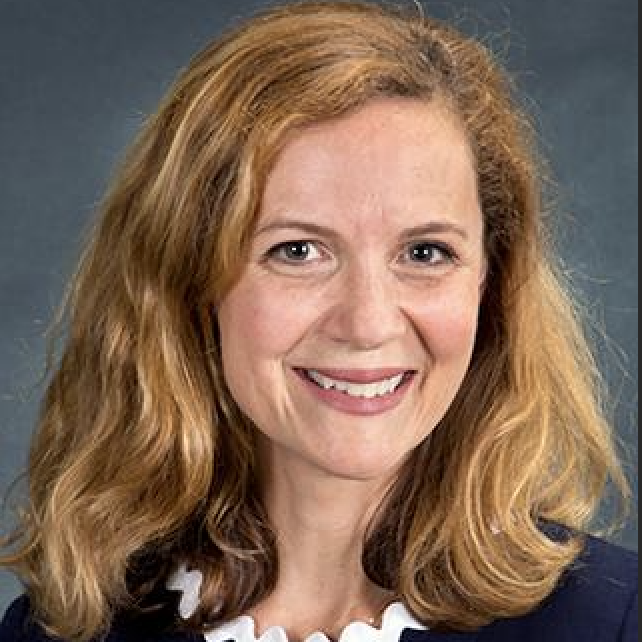 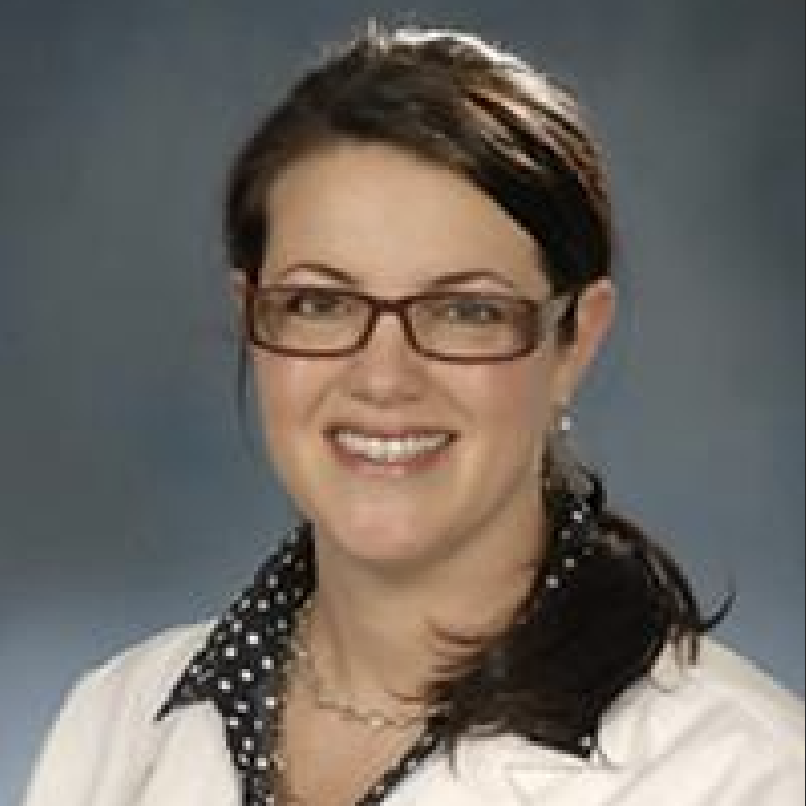 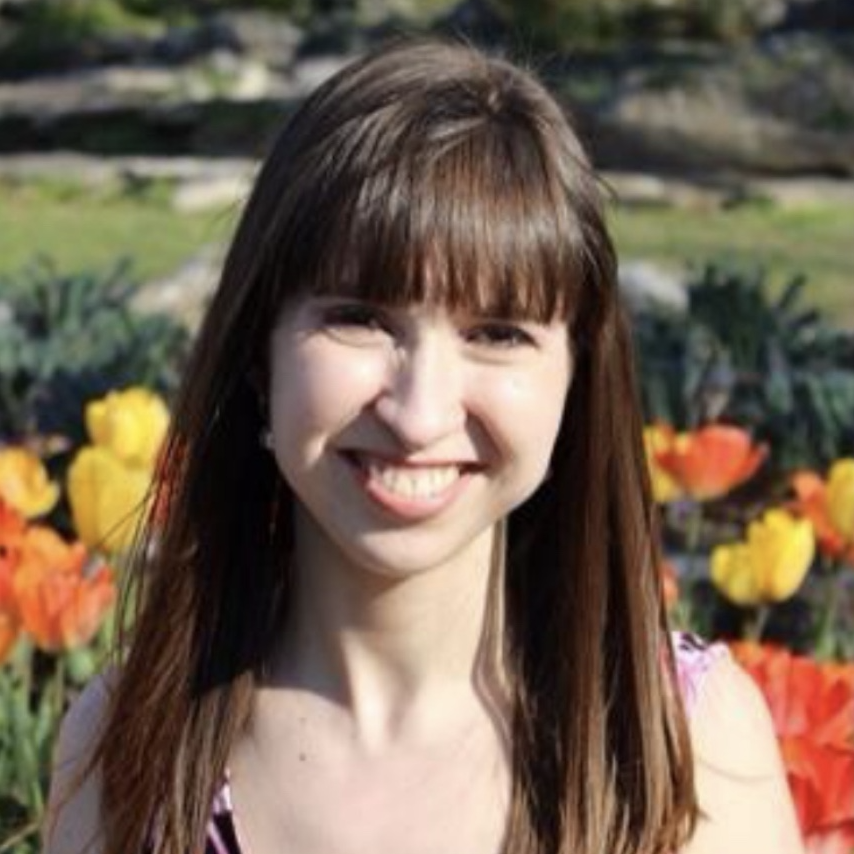 Elvina Khusainova, MD, Mary Anne Morgan, MD, Kathryn Robinett, MD and Gretchen R. Winter, MD |
In the inaugural APCCMPD Book Club, attendees will have the opportunity to participate in a guided discussion of Grit: The Power of Passion and Perseverance by Angela Duckworth. Pioneering psychologist Angela Duckworth shows anyone striving to succeed—be it parents, students, educators, athletes, or business people—that the secret to outstanding achievement is not talent but a special blend of passion and persistence she calls “grit.” Drawing on her own powerful story as the daughter of a scientist who frequently noted her lack of “genius,” Duckworth, now a celebrated researcher and professor, describes her early eye-opening stints in teaching, business consulting, and neuroscience, which led to the hypothesis that what really drives success is not “genius” but a unique combination of passion and long-term perseverance. Session objectives: 1. Engage in critical discussions of chosen books. |
| 4:10 PM - 4:55 PM (EST) Small Group Session: Round 2, Breakout 2 #HeforShe & #WhiteCoatsforBlackLives in PCCM: How PCCM Educators Can Be Allies 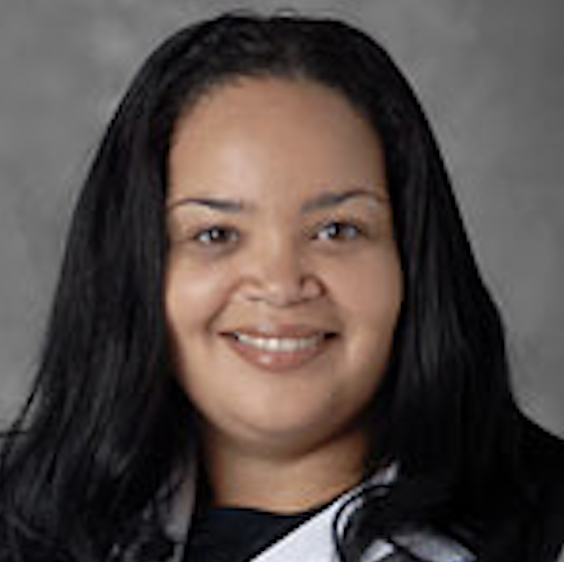  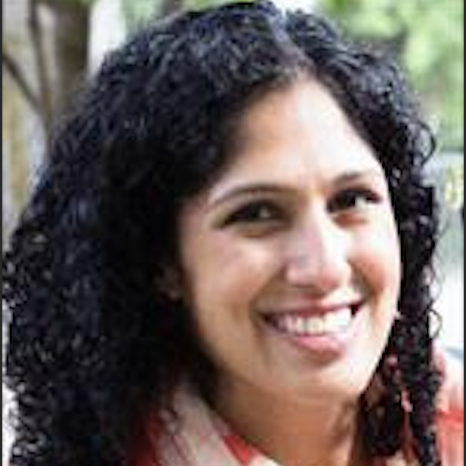  Geneva Tatem, MD, Lekshmi Santhosh, MD, MAEd, Rupal Shah, MD and Meshell Johnson, MD |
Although the trainee pipeline in PCCM has committed to increasing diversity, our field still has significant strides to make in promoting diversity, equity, and inclusion of our trainees and faculty. The purpose of this session is to engage program leaders and educators to address the important issues of unconscious bias, harassment, discrimination, sexism, and racism in our workplace environment. In this session we will provide hands-on, skills-based training to combat microaggressions and harassment and discuss how we can all be allies against racism and sexism in our learning environments and communities. Finally, we will discuss steps our association can take to be the lead the way in building and sustaining an equitable environment for all.
Session objectives: |
| 4:10 PM - 4:55 PM (EST) Small Group Session: Round 2, Breakout 3 Vulnerability and Authenticity in Medicine  Adam B. Hill, MD |
In this session attendees will discuss how to use vulnerability and authenticity to advocate for the creation of safe spaces where colleagues and trainees can grow and practice. |
Friday, March 5, 2021
All Times are in Eastern Time Zone
| GENERAL SESSIONS // FRIDAY, MARCH 5, 2021 |
|
| SESSION TIME / TITLE | SESSION DESCRIPTION |
| 10:00 AM - 10:20 AM (EST) Opening Remarks and 2020 APCCMPD Fellowship Benchmarking Survey Results  Gabriel Bosslet, MD, MA |
For the 9th consecutive year, we are surveying pulmonary, critical care and pulmonary/critical care medicine Program Directors in an effort to provide benchmarks by which they can evaluate their own fellowship. This survey addresses: 1. Program Characteristics and Leadership 2. ICU Staffing 3. Procedural Training 4. Sleep Training 5. Pulmonary Artery Catheterization Training 6. Fellowship Application and Orientation |
| 10:20 AM - 10:35 AM (EST) 2021 APCCMPD, CHEST and ATS Education Research Award Bronchoscopy Assessment in Pulmonary and Critical Care Fellows 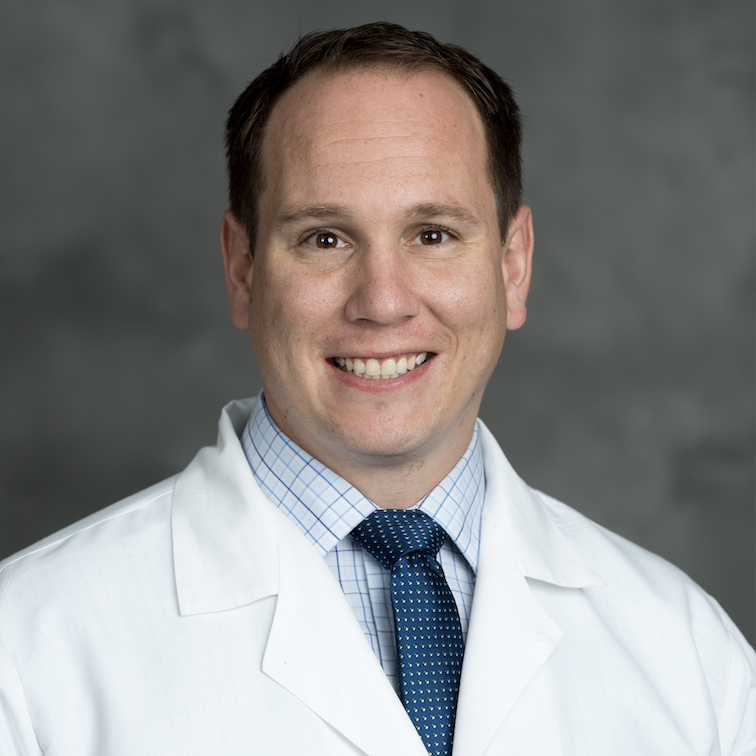 Dru Claar, MD |
Procedural competency in bronchoscopy is a core training requirement for Pulmonary and Critical Care Medicine (PCCM) fellowship programs. Despite broader shifts to competency-based education within graduate medical education, current bronchoscopy training recommendations remain volume-based, and competency is determined at the discretion of the Program Director. Furthermore, there is no current gold standard for the assessment of competency in bronchoscopy. To address existing gaps in PCCM fellowship competency-based education, we propose utilizing and validating the System for Improving and Measuring Procedural Learning or SIMPL tool, a smart phone-based tool previously developed for operative assessment, in the assessment of bronchoscopy.
Session objective: |
| 10:35 AM - 10:50 AM (EST) Update on 2018 Scholarship in Medical Education Research Award Launching a Fellows-as-Teachers and Fellows-Led Rounding Initiative: Outcomes and Lessons Learned 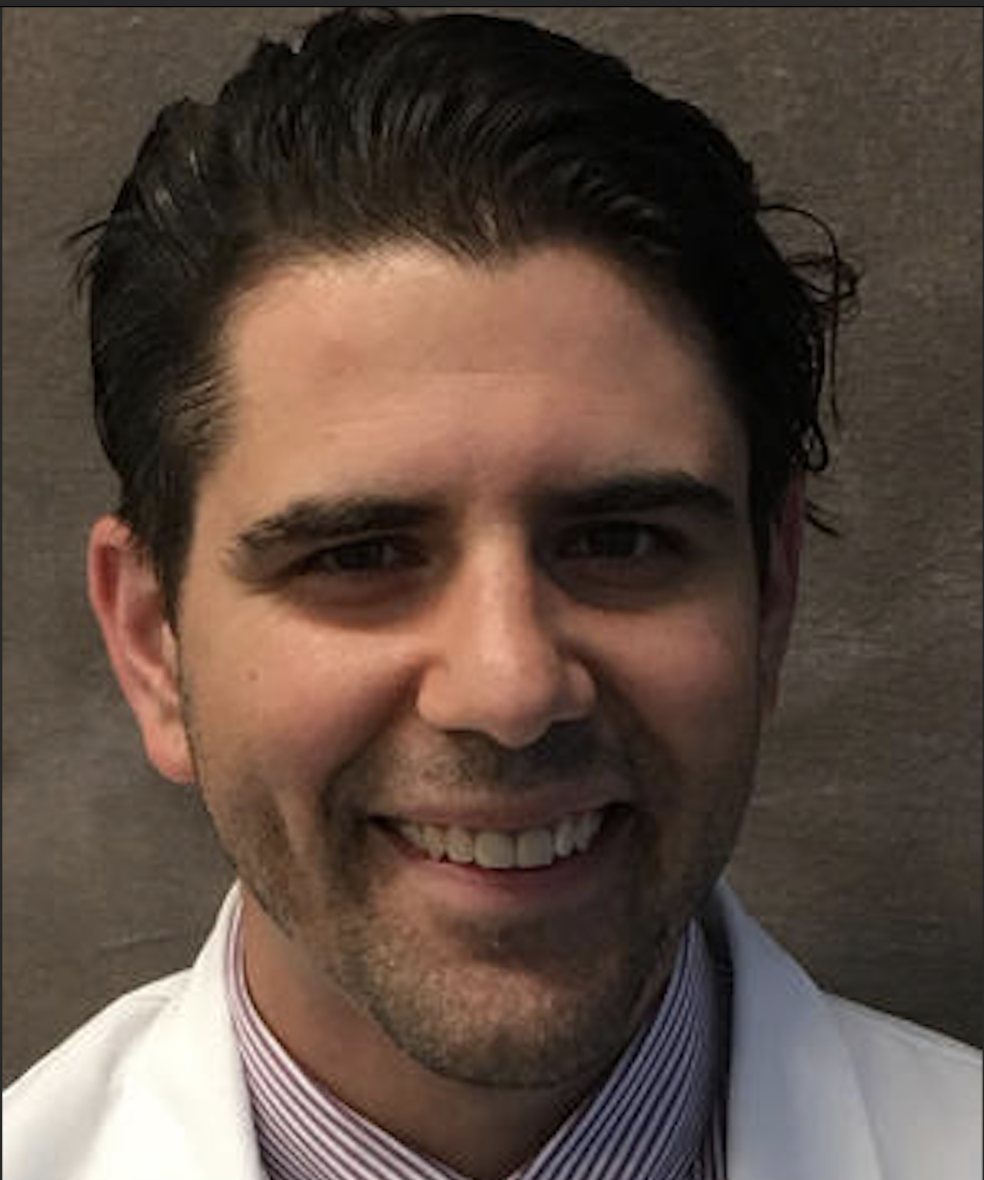 Paul A. Bergl, MD |
During training, pulmonary-critical care fellows may have both formal and informal teaching roles for their junior colleagues. Fellows-as-teachers curricula may support these roles, but little is known about the effectiveness and durability of these curricula. In this presentation, we will present an overview of our recently developed fellows-as-teachers workshops. Further, we will share the clinical and educational impact of pairing our curriculum with a fellow-led rounding initiative in one of our ICUs. Session objectives: 1. Discuss the theoretical benefits and the evidence base for "trainees-as-teachers" curricula. 2. List priorities for training pulmonary and critical care fellows as teachers. 3. Articulate the impact that fellows-as-teachers workshops may have on the clinical teaching environment. 4. Recognize limitations of conducting observational educational research. |
| 10:50 AM - 11:55 AM (EST) Keynote Address Diversity Drives Excellence: Practical Strategies for Inclusive Recruitment 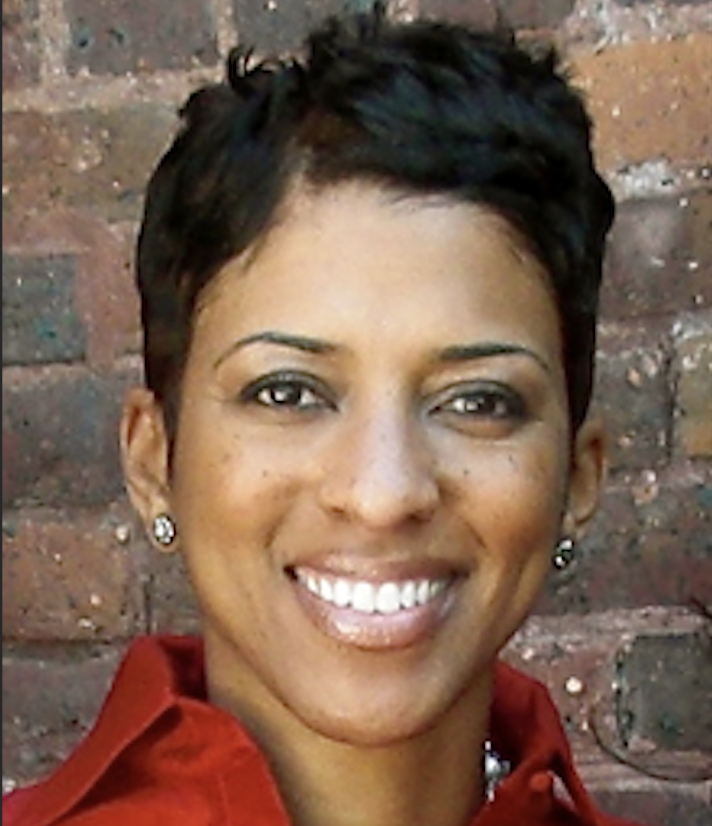 Kimberly D. Manning, MD, FACP |
We know that diversity is a driver of excellence in nearly every field, but creating diverse teams requires intention. Together, we will explore practical and intentional strategies to approach recruiting a diverse class of fellows that reflects both the patients and the values of your program.
Session objectives: |
| 11:55 AM - 12:10 PM (EST) 2021 APCCMPD Award for Medical Education Research Advancing Justice, Equity, Diversity, and Inclusion in Fellowship Training 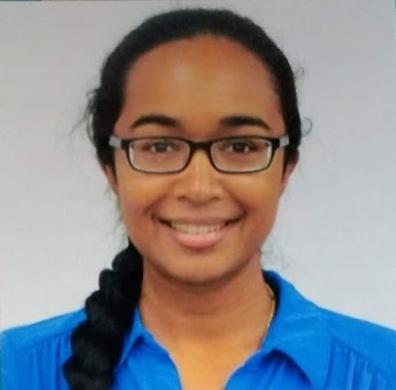 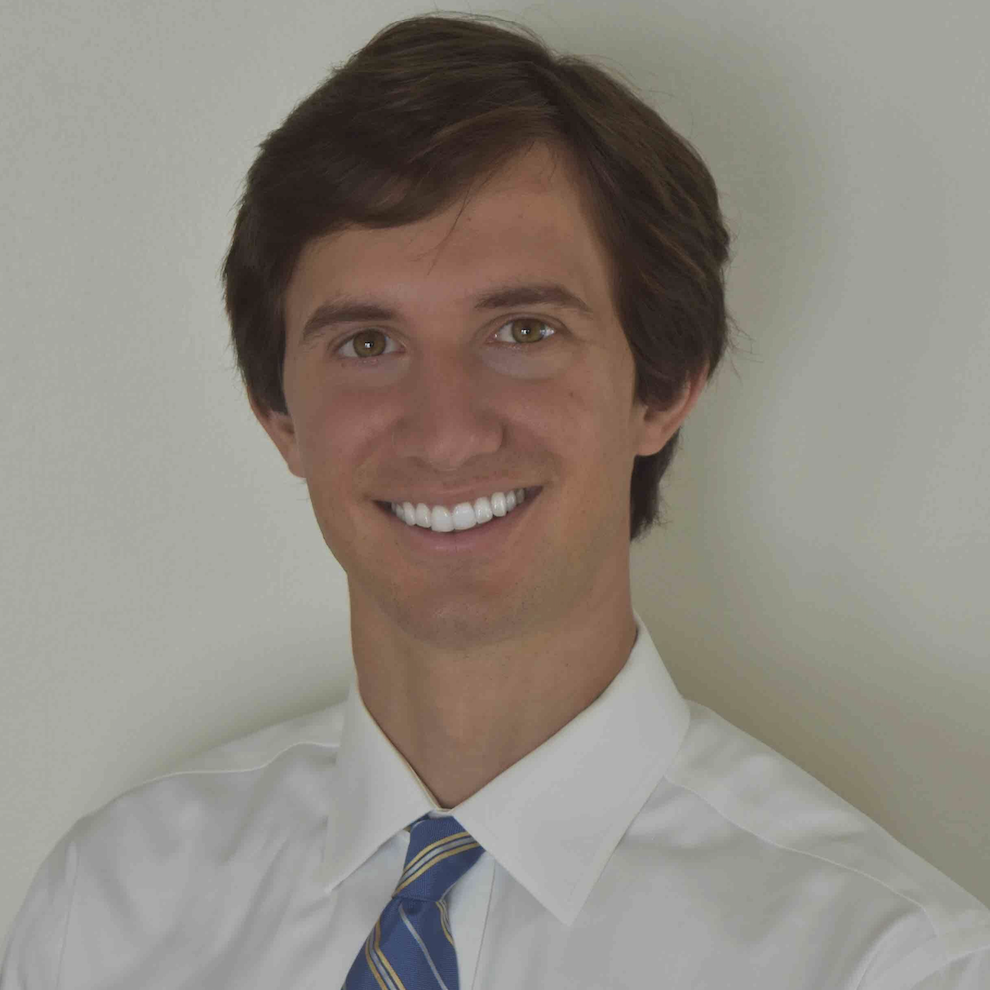 Parvati Singh, MS, MD presenting on behalf of Nicholas Nassikas, MD) |
Structural inequality, bias, and racism are barriers to providing competent and sensitive patient care. Many training programs lack any formal education on anti-racism and equity. This talk will discuss the implementation of a formalized one-year curriculum on racism and health inequities for the division of pulmonary, critical care, and sleep medicine (PCCSM) at the Warren Alpert Medical School at Brown University.
Session objectives: |
| 12:10 PM - 12:30 PM (EST) 2021 APCCMPD Award for Novel Medical Education Implementation A Pilot Curriculum and Creation of New Competency Assessment Tools for the Mastery of Chest Computed Tomography (CT) Scan Interpretation for a Pulmonary Critical Care Medicine (PCCM) Fellowship 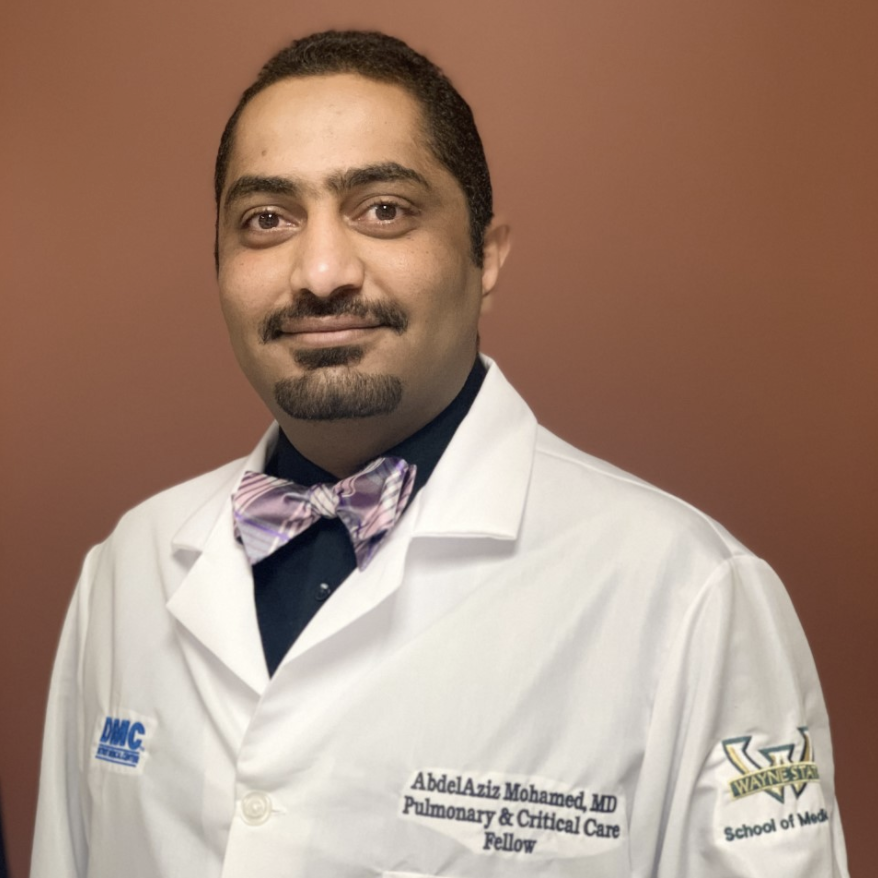 Abdelaziz Mohamed, MD |
The presentation will discuss the creation of the chest CT reading curriculum and its implementation in a PCCM fellowship program, development of low stakes, multiple choice questions to assess knowledge, and simulation-based case scenarios to assess CT reading and interpretation skills.
Session objectives: |
| 1:30 PM - 2:10 PM (EST) Pro-Con Debate: Virtual Interviews for Fellowship Continue with Virtual Interviews for Fellowship?  J. Shirine Allam, MD Virtual Fellowship Interviews: The Way of the Future  Başak Çoruh, MD |
The 2020 fellowship recruitment season was challenged by travel restrictions due to the COVID-19 pandemic. Training programs had to adapt by exclusively offering virtual interviews. What have we learned from this process? Should we continue to offer virtual interviews in future recruitment seasons?
Session objectives: |
| 2:10 PM - 3:10 PM (EST) Medical Education Literature Year-in-Review 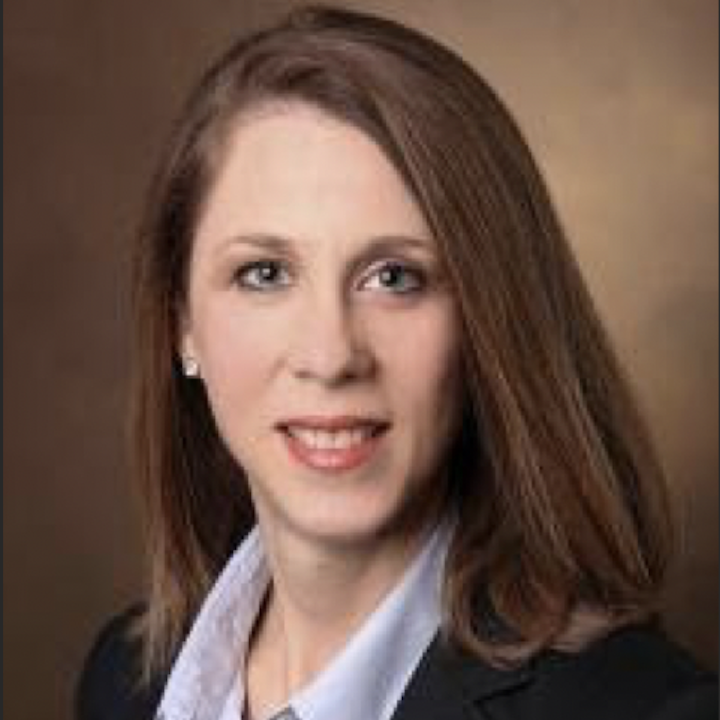 Meredith Pugh, MD, MSCI |
All of us are challenged to stay up-to-date on the ever-growing body of medical education literature. This didactic session will review some of the key contributions to medical education relevant to pulmonary and/or critical care fellowship training in 2020. |
| 3:30 PM - 3:35 PM (EST) Closing Remarks  Gabriel Bosslet, MD, MA |
|
Thursday, March 4, 2021: Program Coordinator Workshop
All Times are in Eastern Time Zone
| PROGRAM COORDINATOR WORKSHOP // THURSDAY, MARCH 4, 2021 |
|
| SESSION TIME / TITLE | SESSION DESCRIPTION |
| 10:00 AM - 12:50 PM (EST) Same Morning General Sessions as Above |
|
| 1:50 PM - 2:10 PM (EST) Welcome and Introduction of the Planning Committee 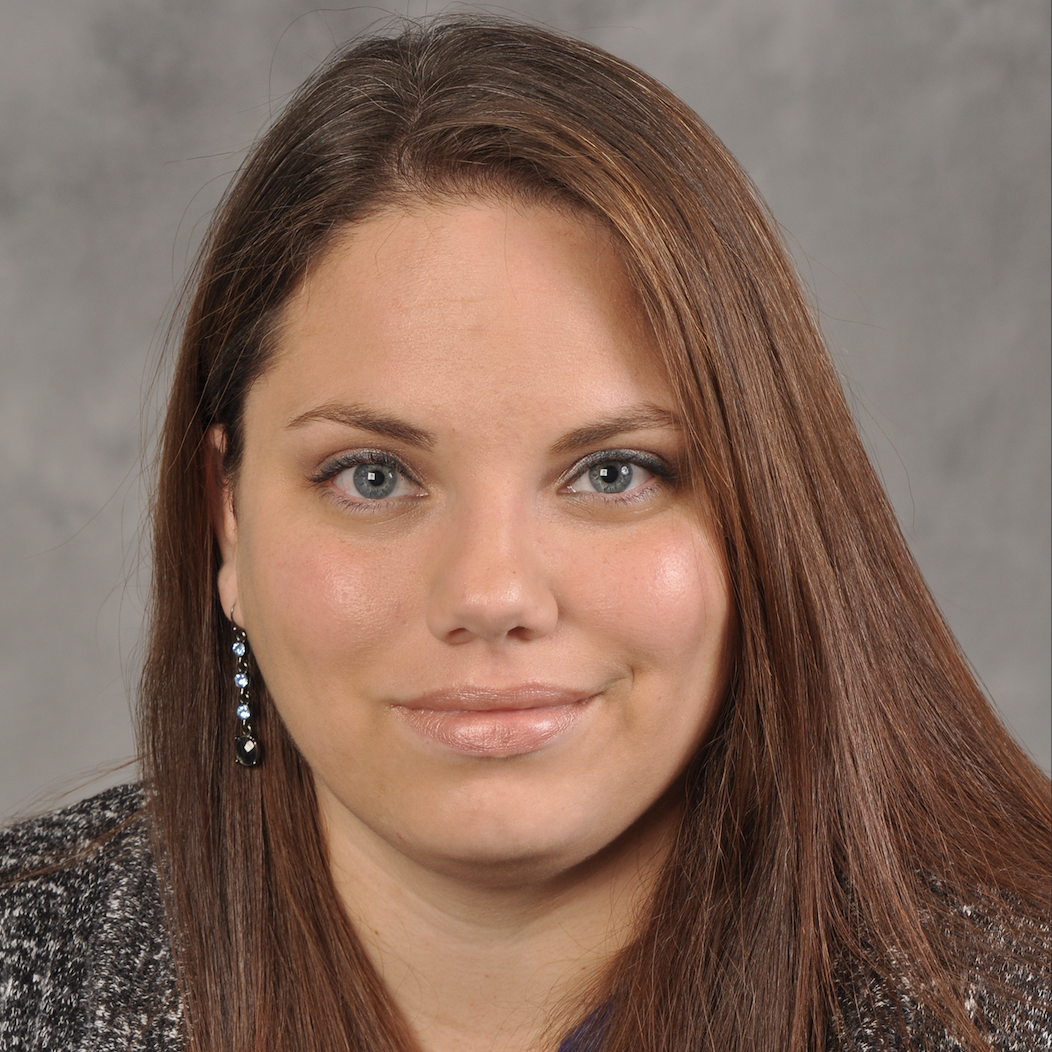 Andrea J. Hadcock, C-TAGME |
|
| 2:10 PM - 2:50 PM (EST) 2021 APCCMPD Award for Innovative Fellowship Program Administration Organizing Clinical Competency Committee Meeting Information Through the Coordinators Role 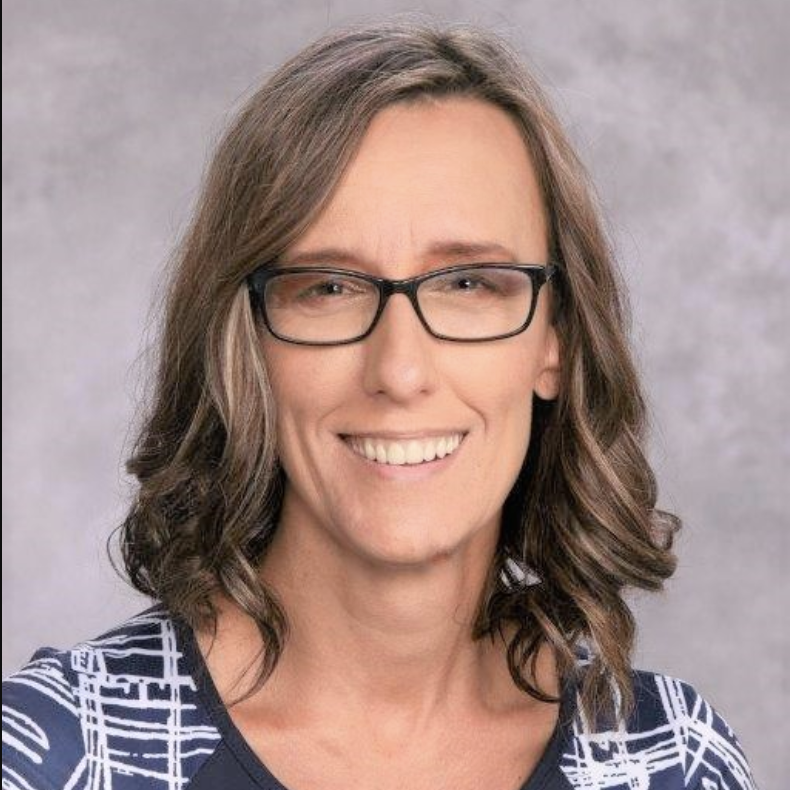 Barbara Gohre, BSHCA, C-TAGME |
This lecture will help show program administrators how to set up Clinical Competency Committee (CCC) to run smoothly, in a concise, timely manner. |
| 2:50 PM - 3:50 PM (EST) Breakout 1 Evaluations Using MedHub  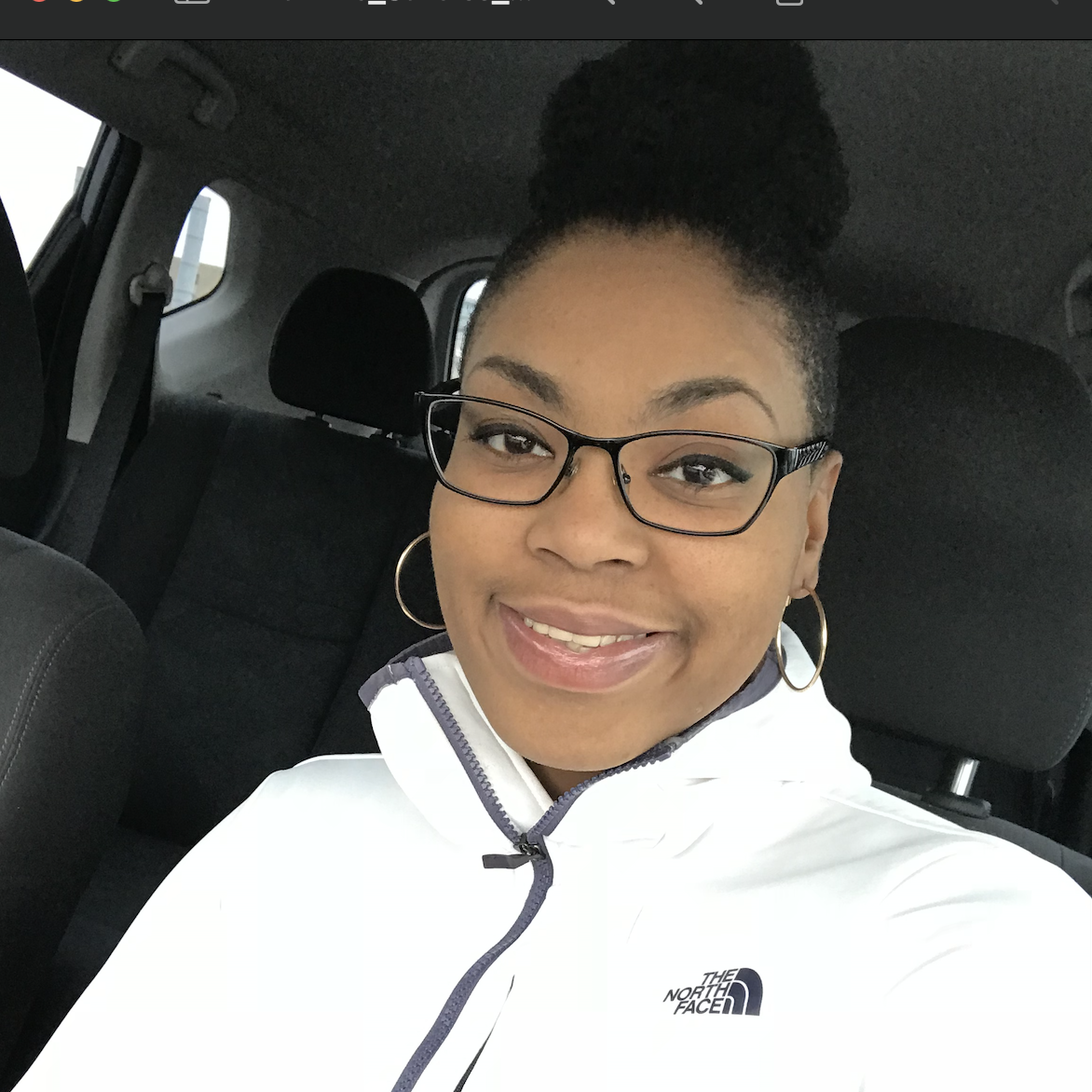 Andrea J. Hadcock, C-TAGME and Candice J. Hankins |
Understanding evaluations and milestones are important because they are major components in managing trainees. They work jointly in the rating of the trainee’s performance, both personally and professionally. This session will guide Program Coordinators on how to map Internal Medicine Milestones 2.0 using MedHub. Attendees will receive samples of different types of evaluations. |
| 2:50 PM - 3:50 PM (EST) Breakout 2 Evaluations Using New Innovations 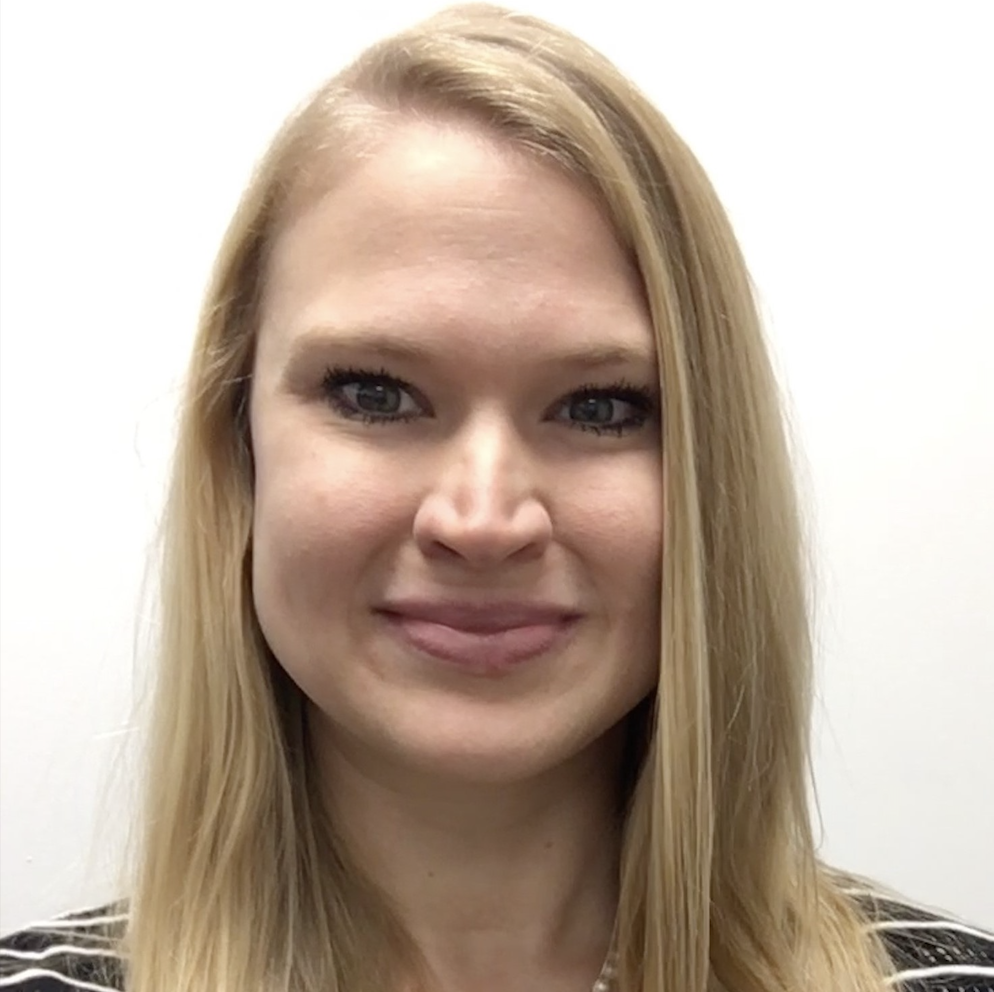  Emilie K. Foltz, MBA and Olivia Podolsky, MBA |
Understanding evaluations and milestones are important because they are major components in managing trainees. They work jointly in the rating of the trainee’s performance, both personally and professionally. This session will guide Program Coordinators on how to map Internal Medicine Milestones 2.0 using New Innovations. Attendees will receive samples of different types of evaluations. Session objectives: 1. Develop an understanding of Milestones 2.0 and changes from previous milestones. 2. Improve knowledge of evaluation requirements. |
| 4:05 PM - 4:50 PM (EST) Interviews: Post COVID-19    Andrea J. Hadcock, C-TAGME, Candice J. Hankins and Olivia Podolsky, MBA |
Discussion of virtual platforms and options for promoting fellowship at an institutional or fellowship level.
Session objective: |
| 4:50 PM - 5:35 PM (EST) Advanced Program Coordinator Training     Emilie K. Foltz, MBA, Andrea J. Hadcock, C-TAGME, Candice J. Hankins and Olivia Podolsky, MBA |
This session will address all FAQs from the APCCMPD survey.
Session objective: |
| 5:45 PM - 6:00 PM (EST) What the APCCMPD Can Offer and Open Discussion  Andrea J. Hadcock, C-TAGME |
Open discussion regarding the different tools the APCCMPD can offer to a Program Coordinator.
Session objectives: |
| 6:00 PM - 6:15 PM (EST) Closing Remarks  Andrea J. Hadcock, C-TAGME |
|
